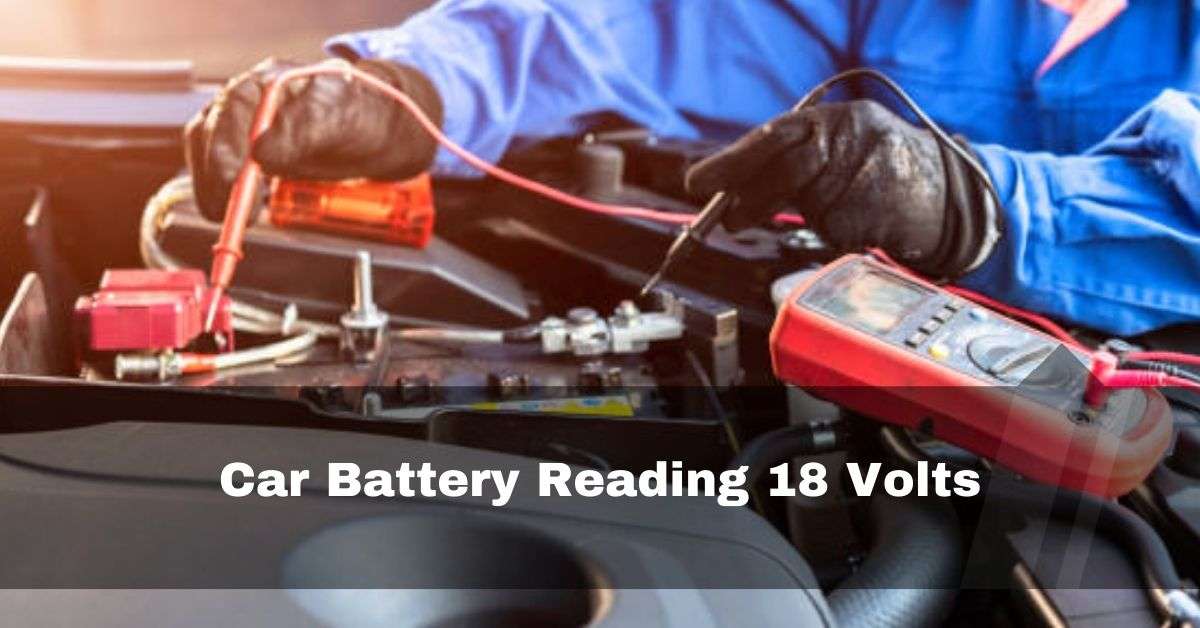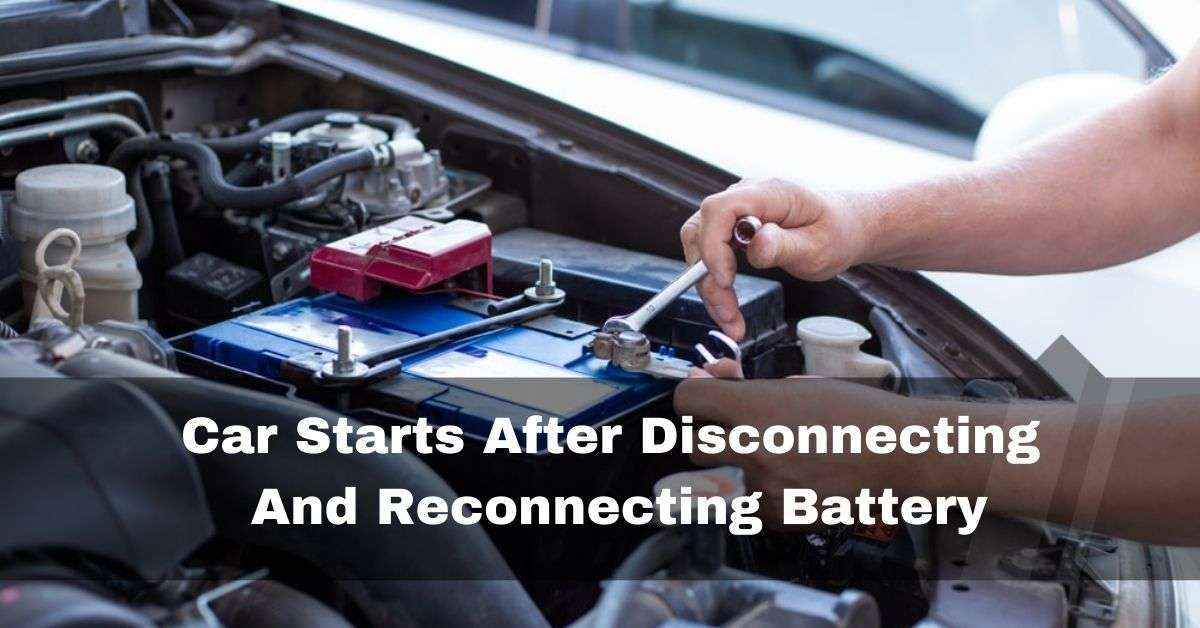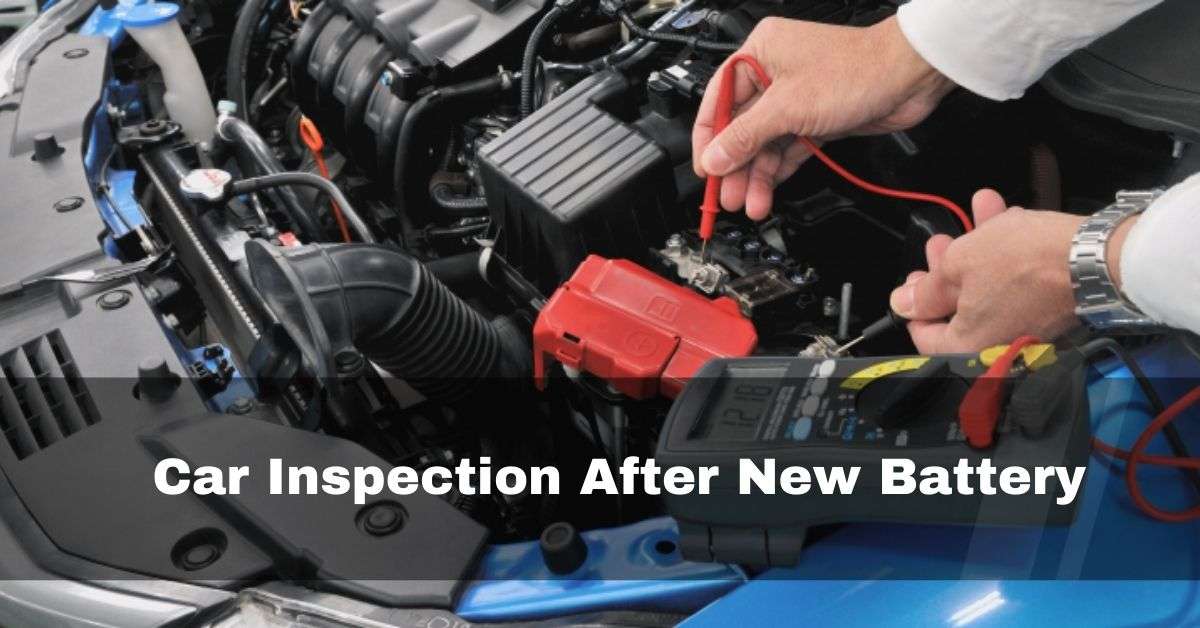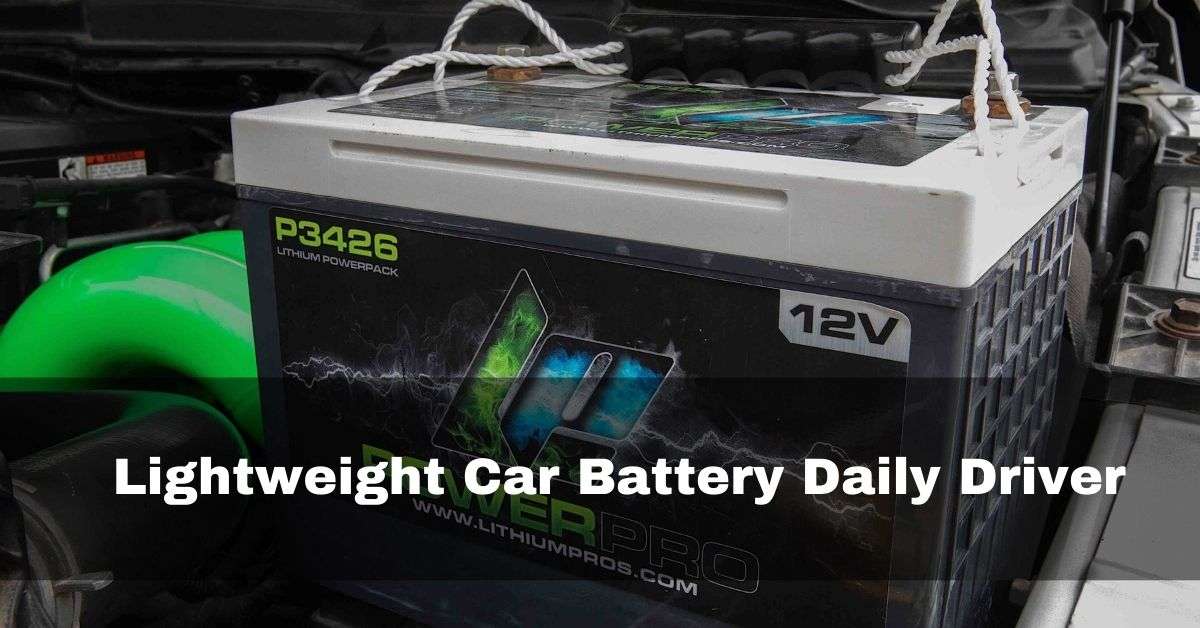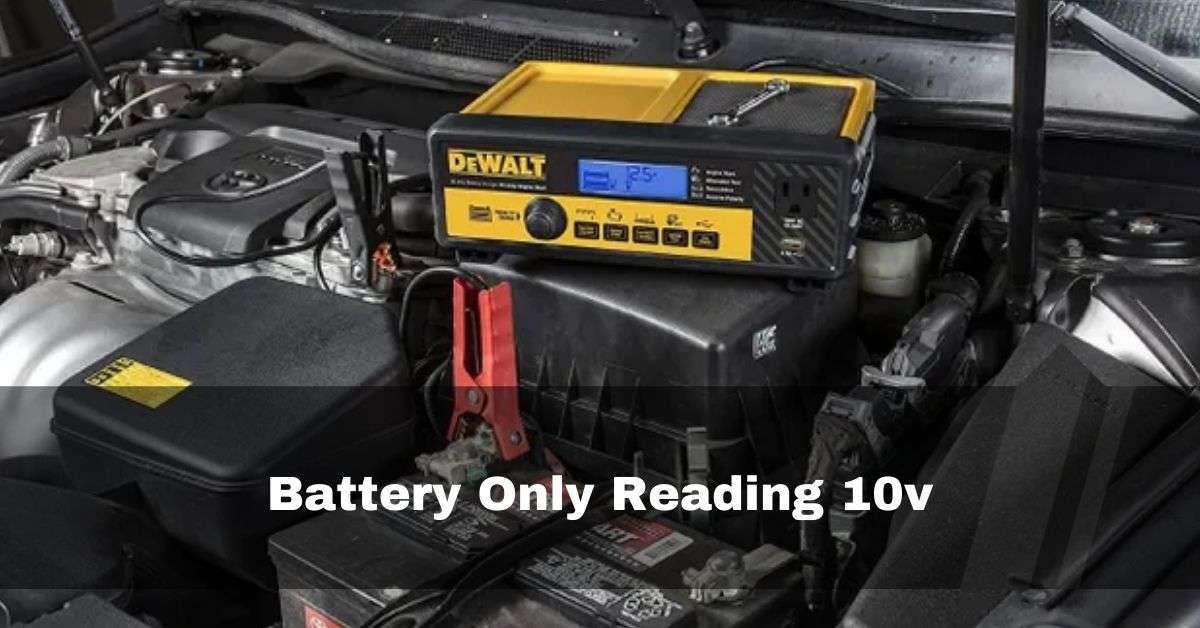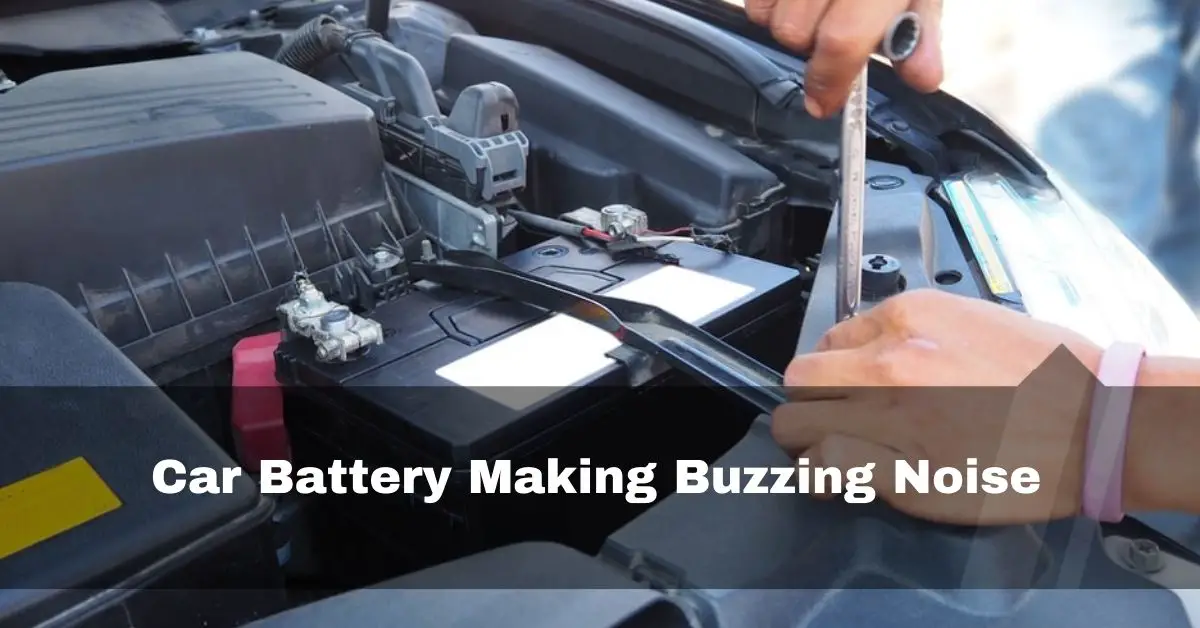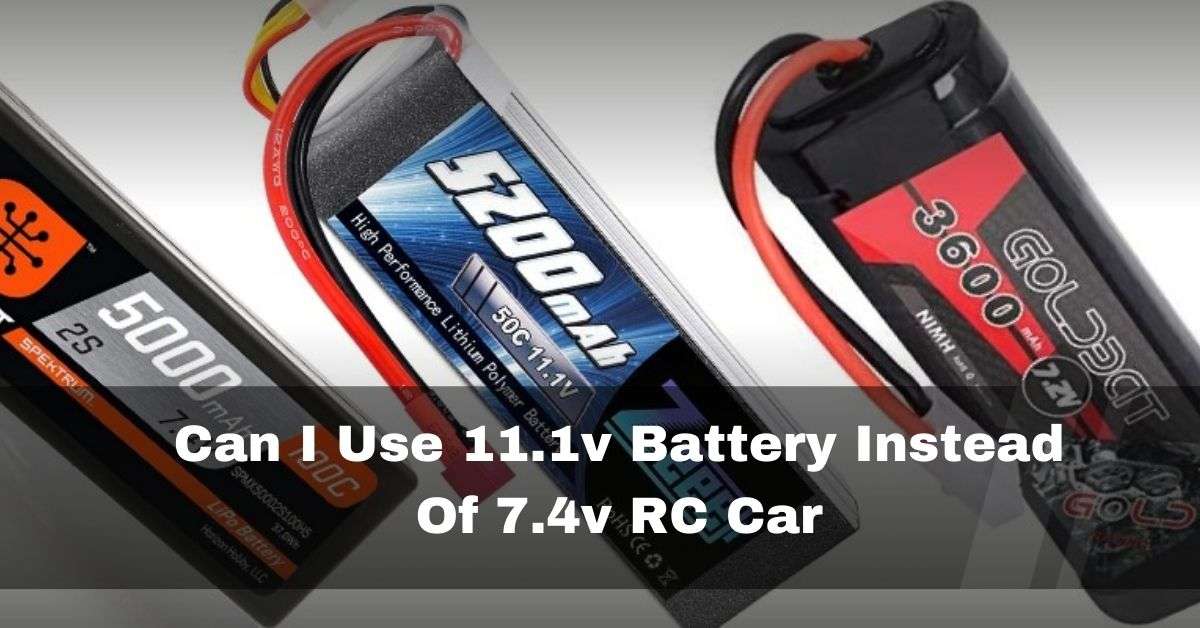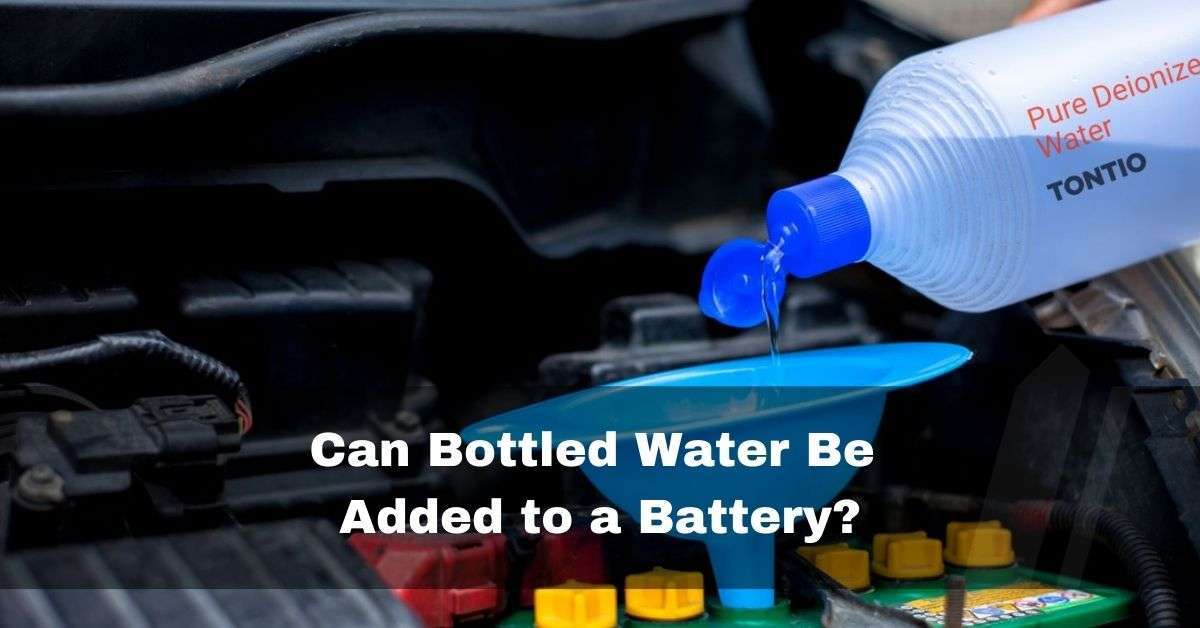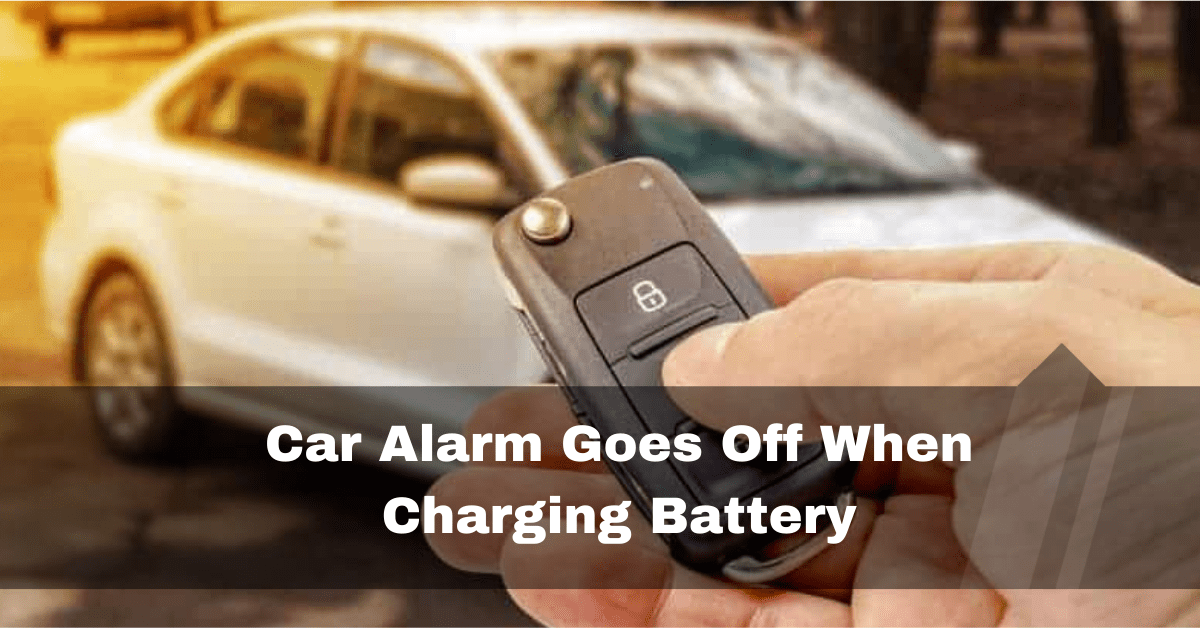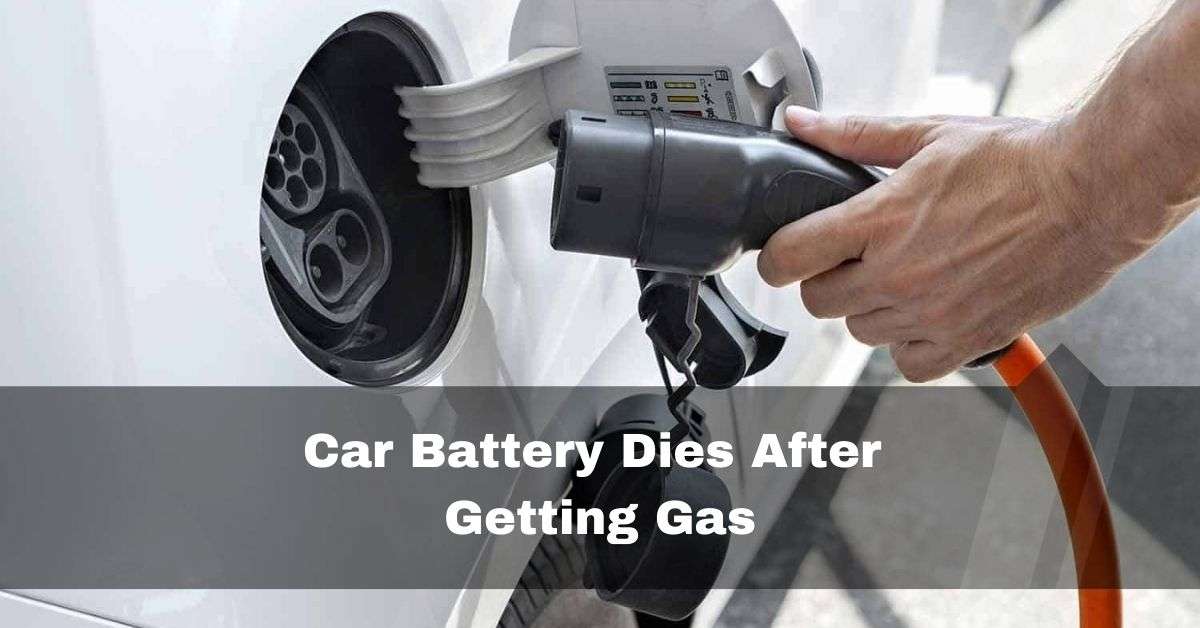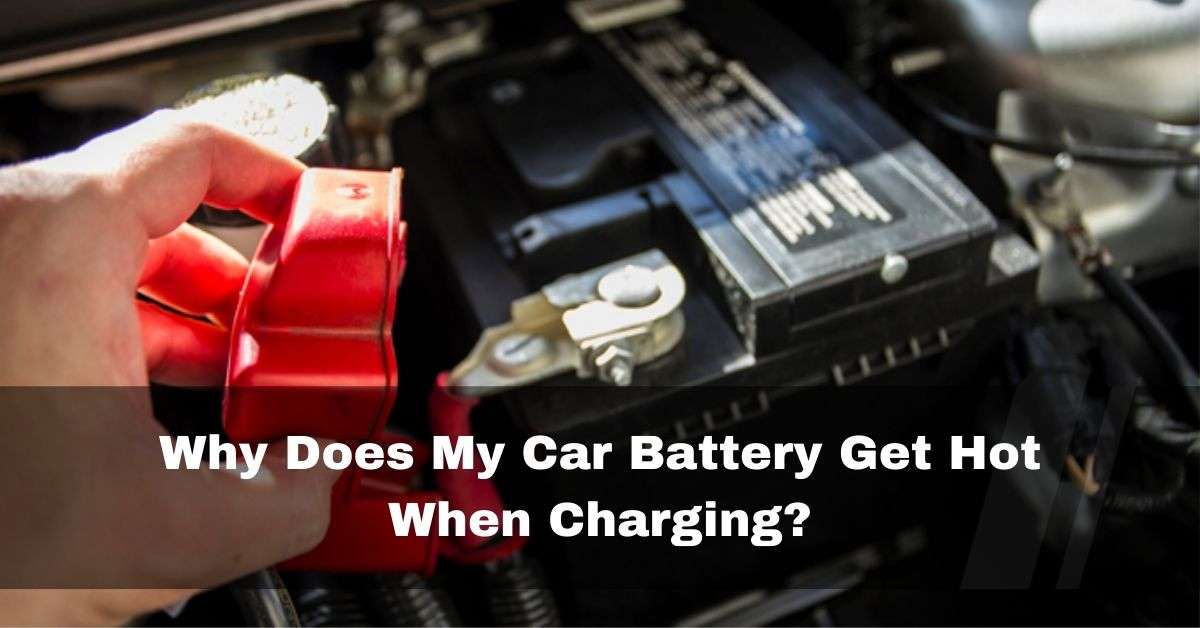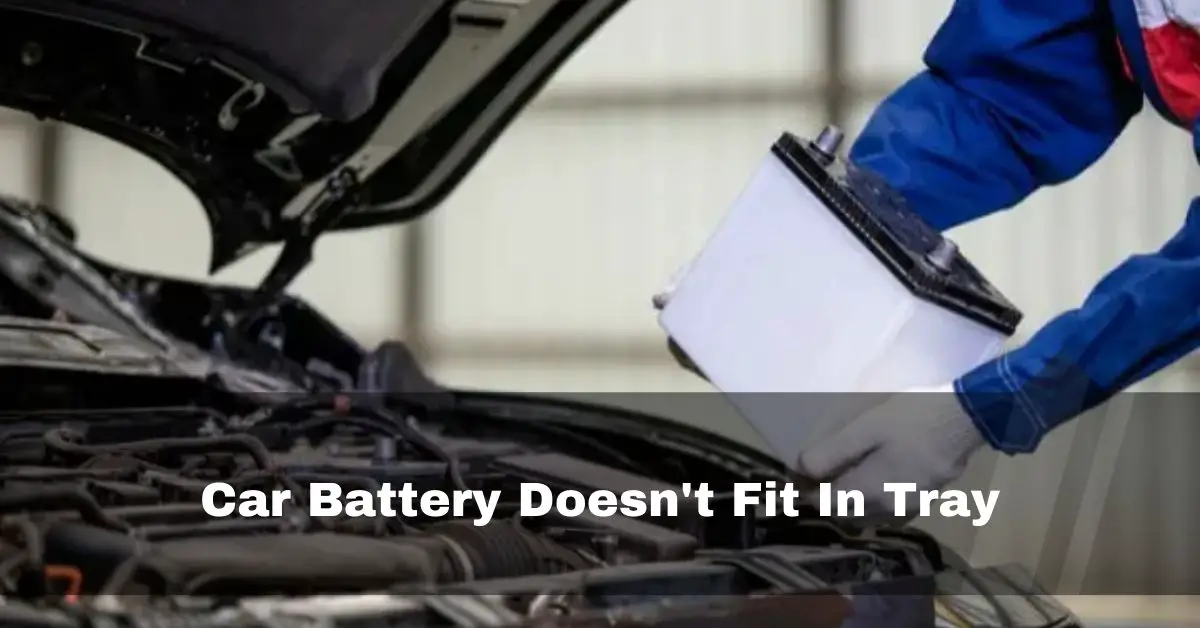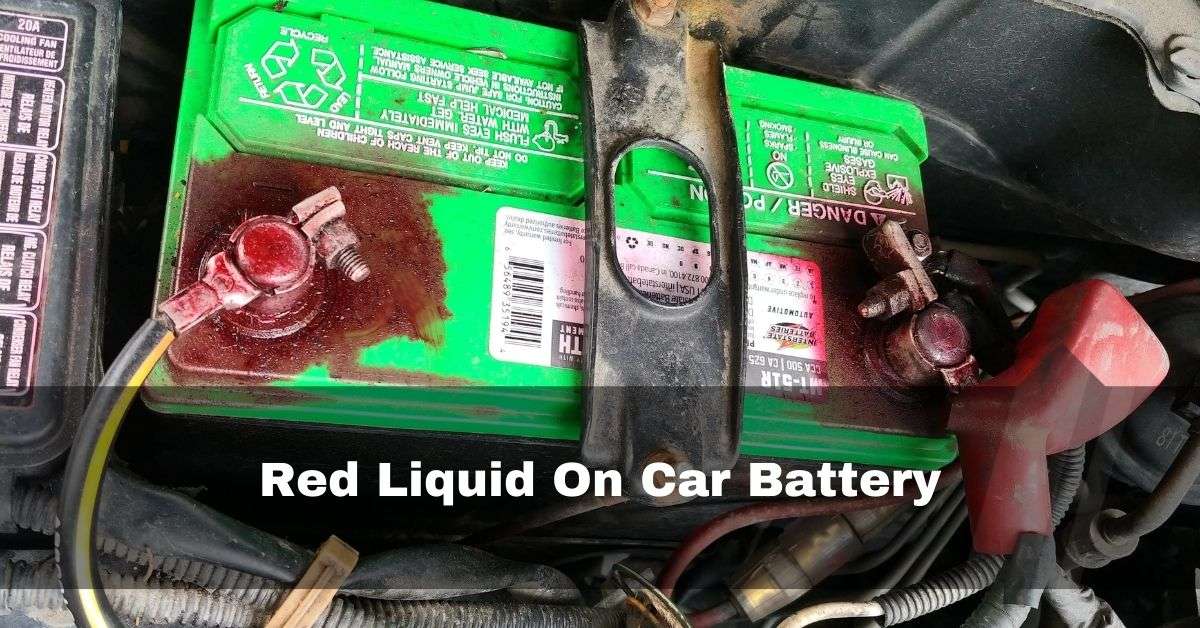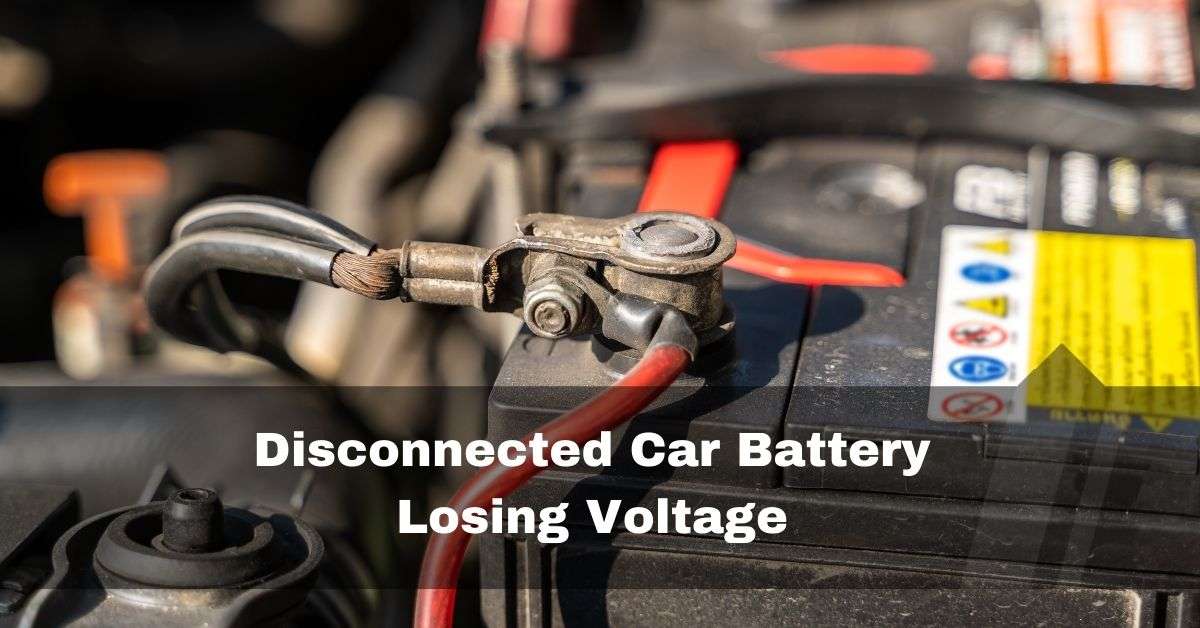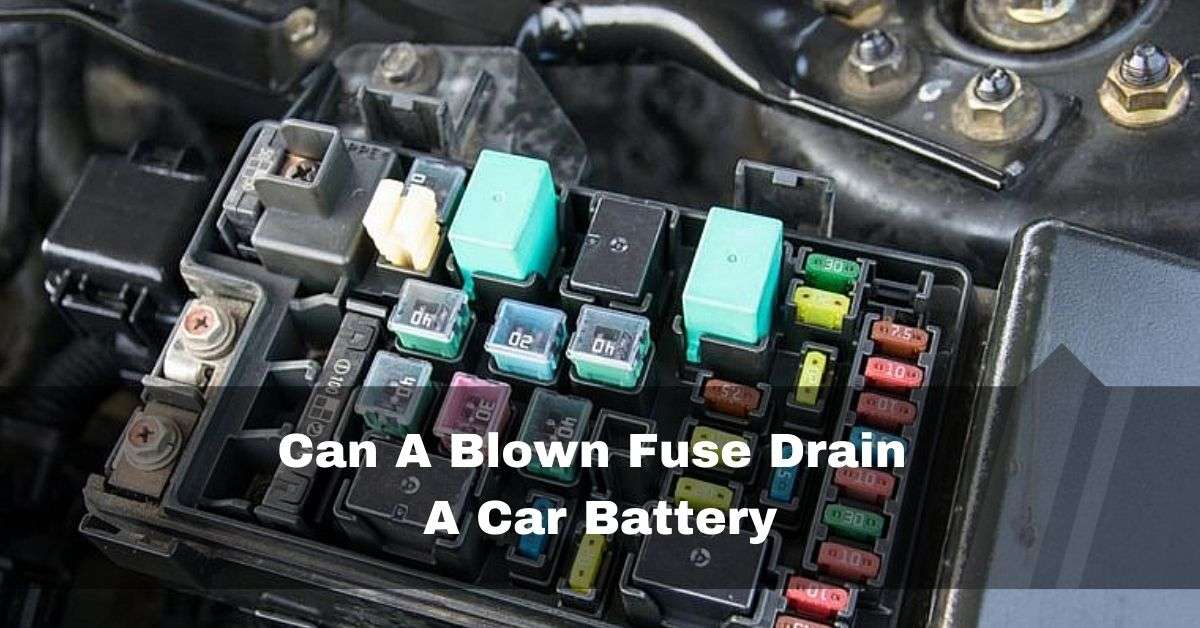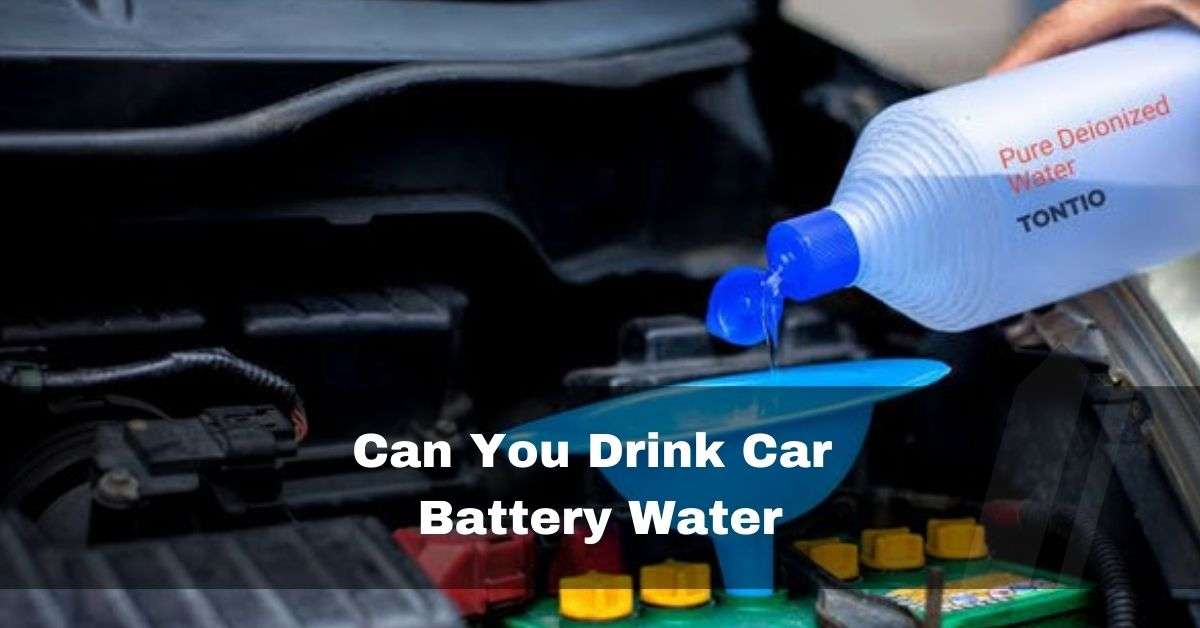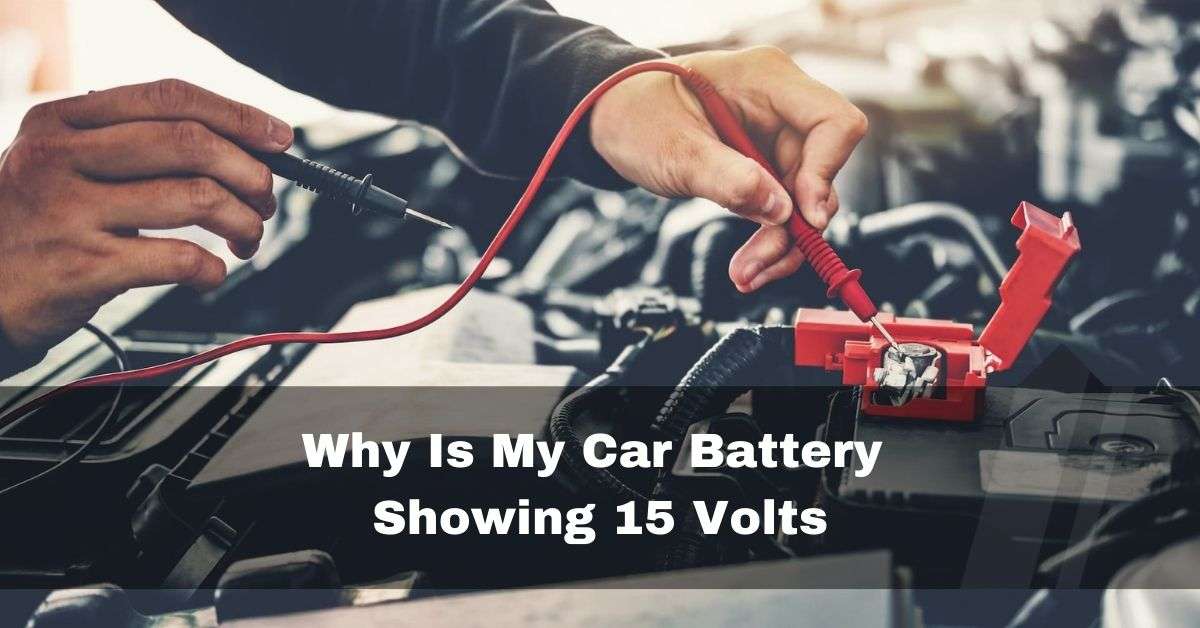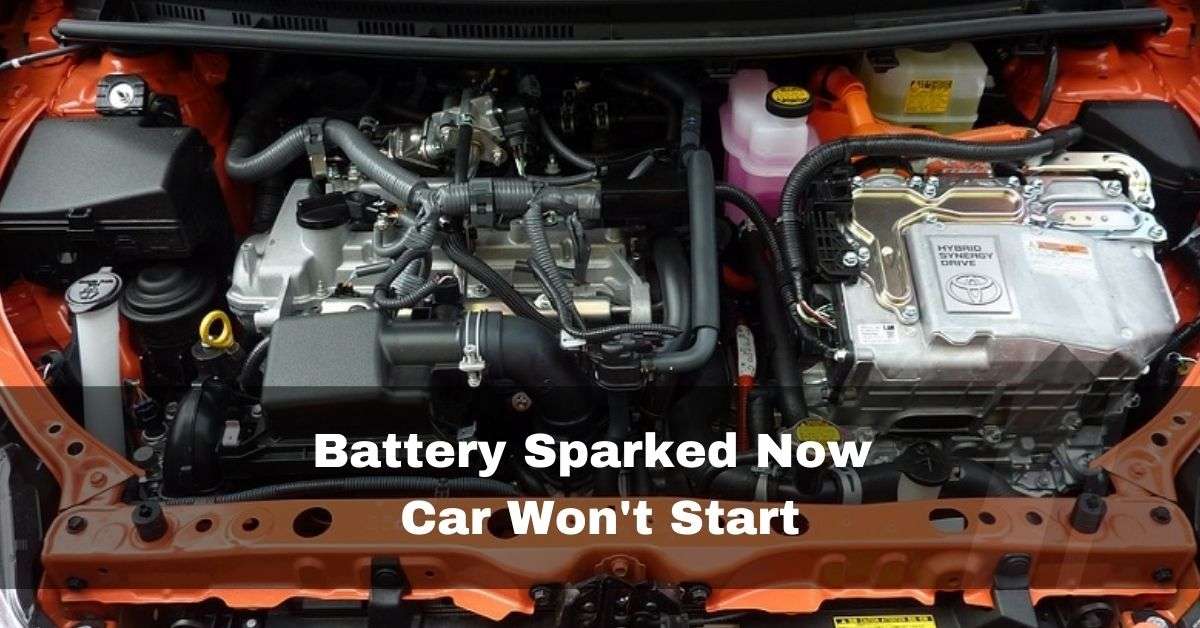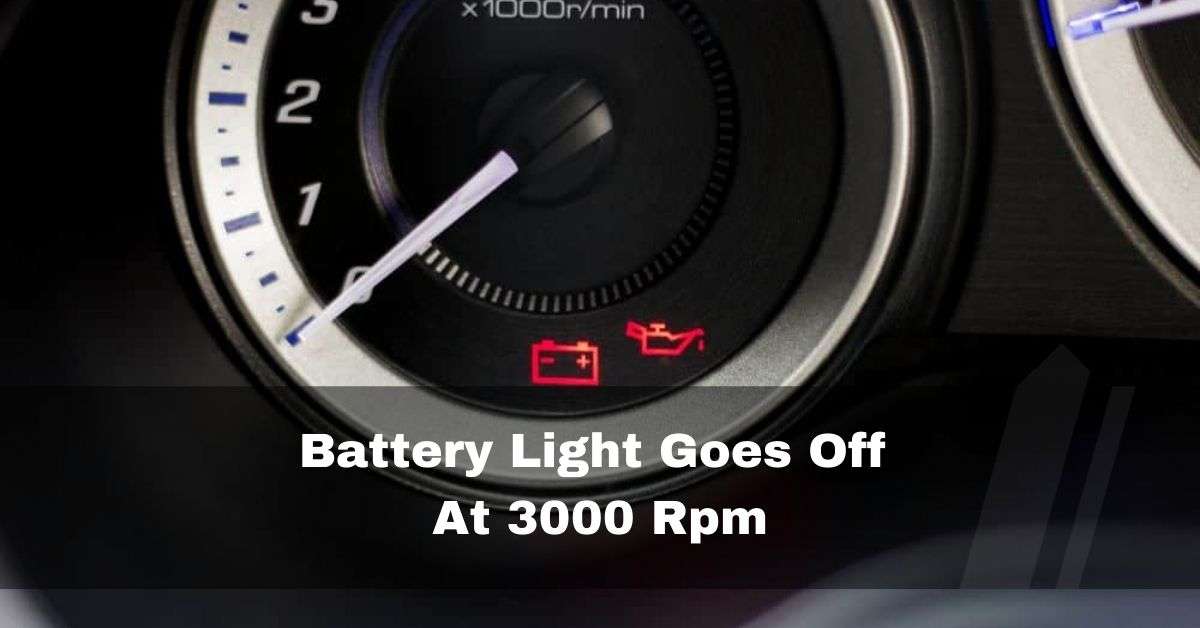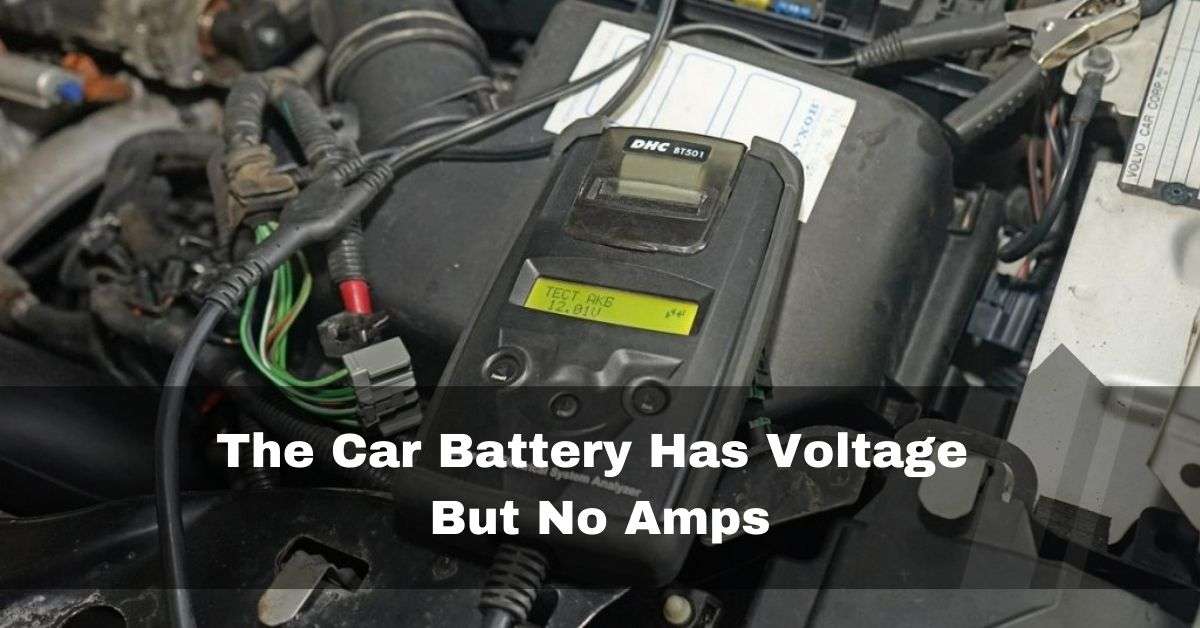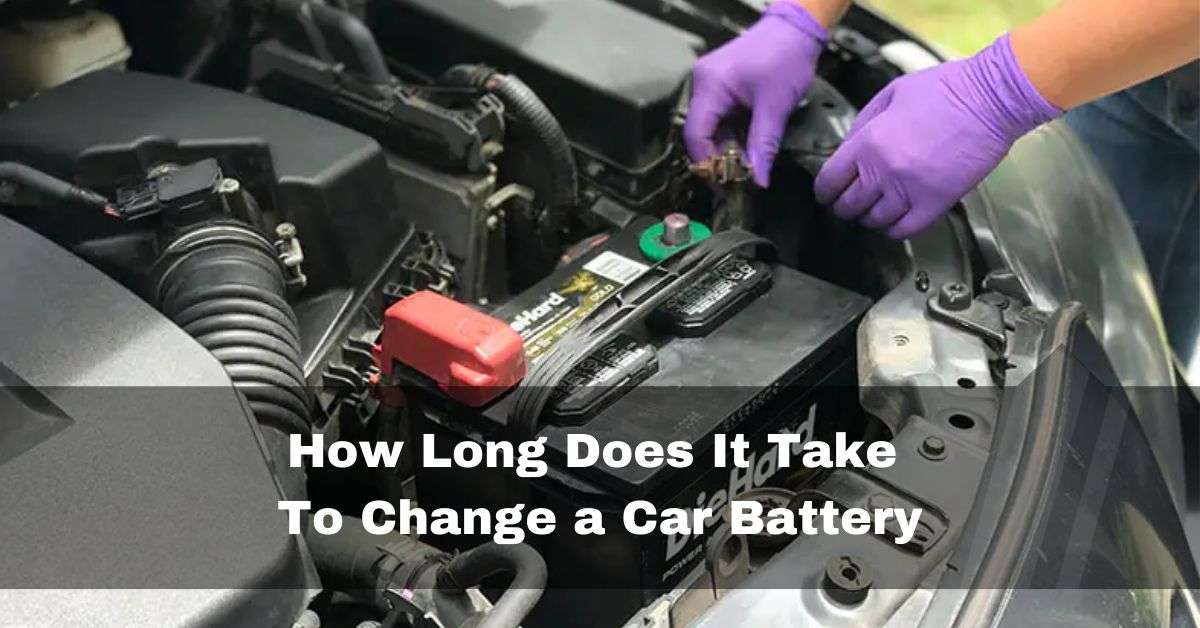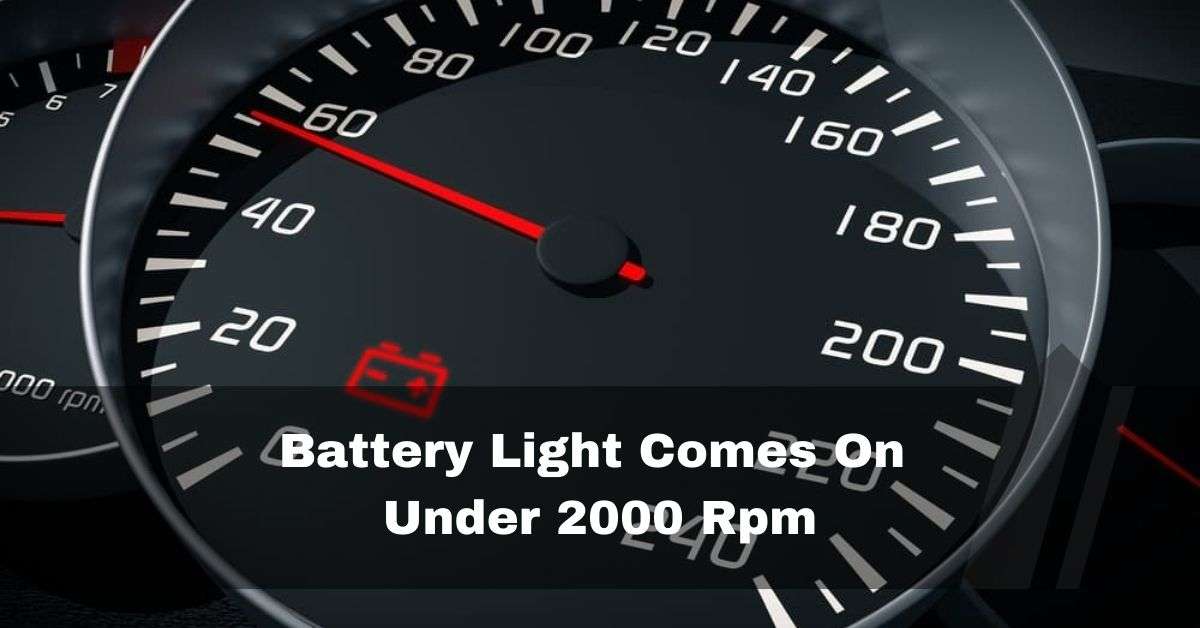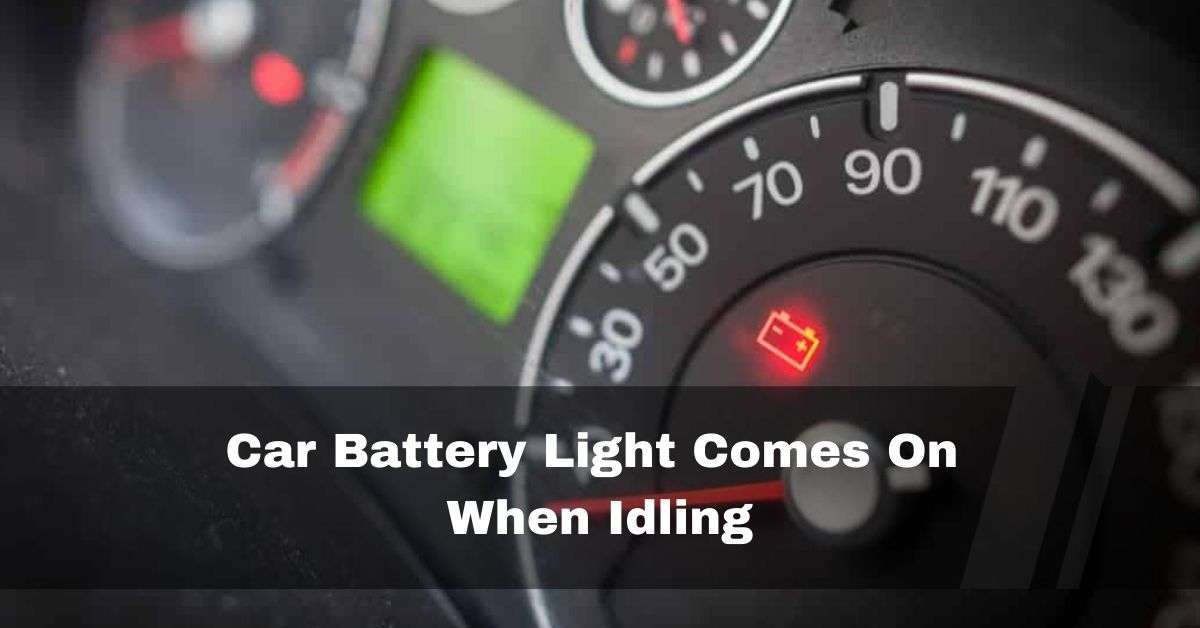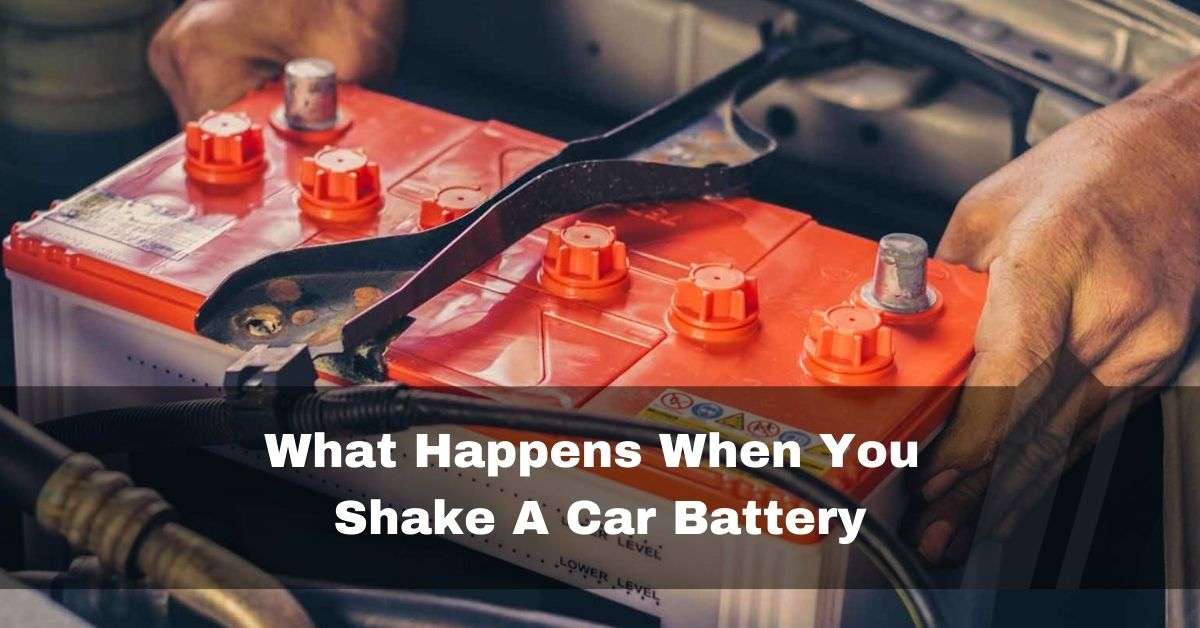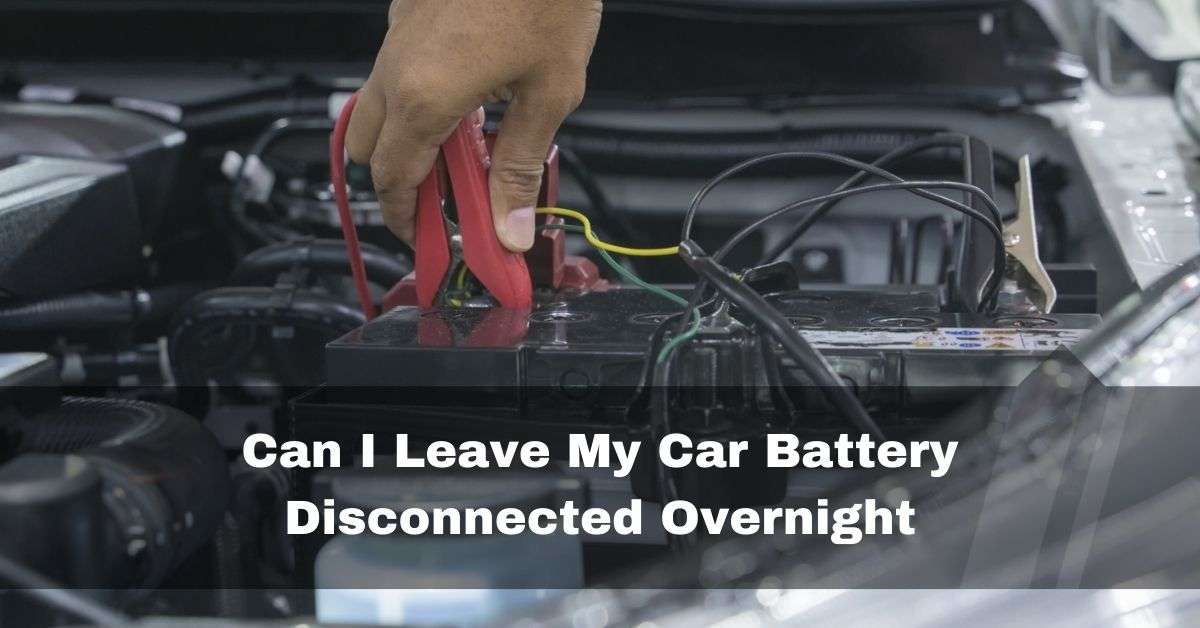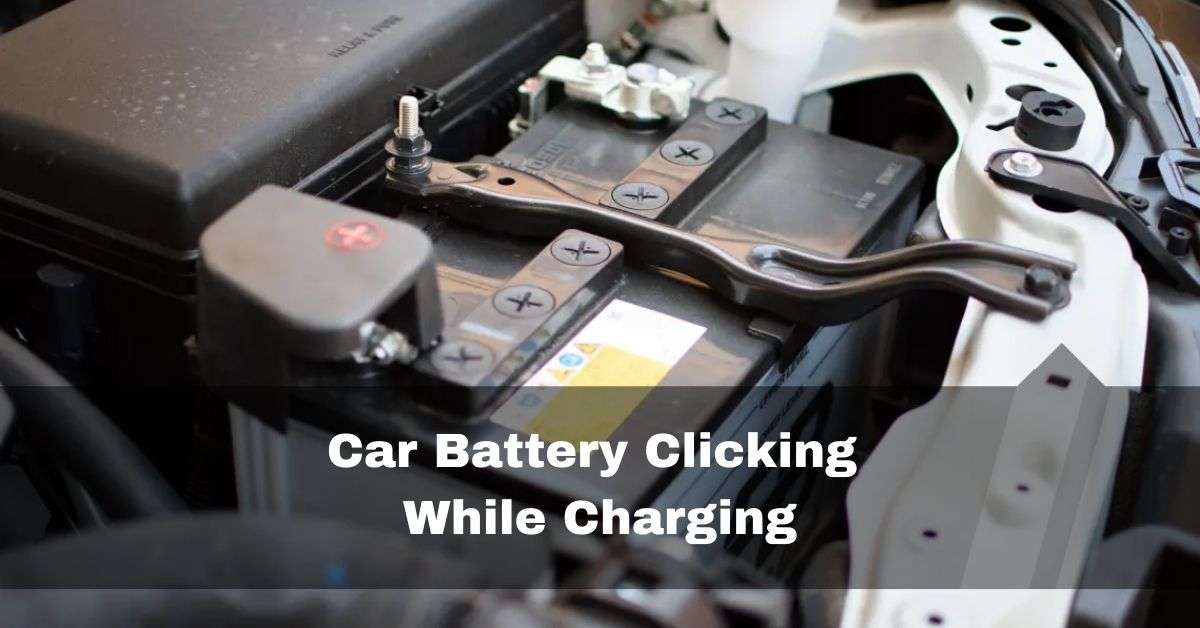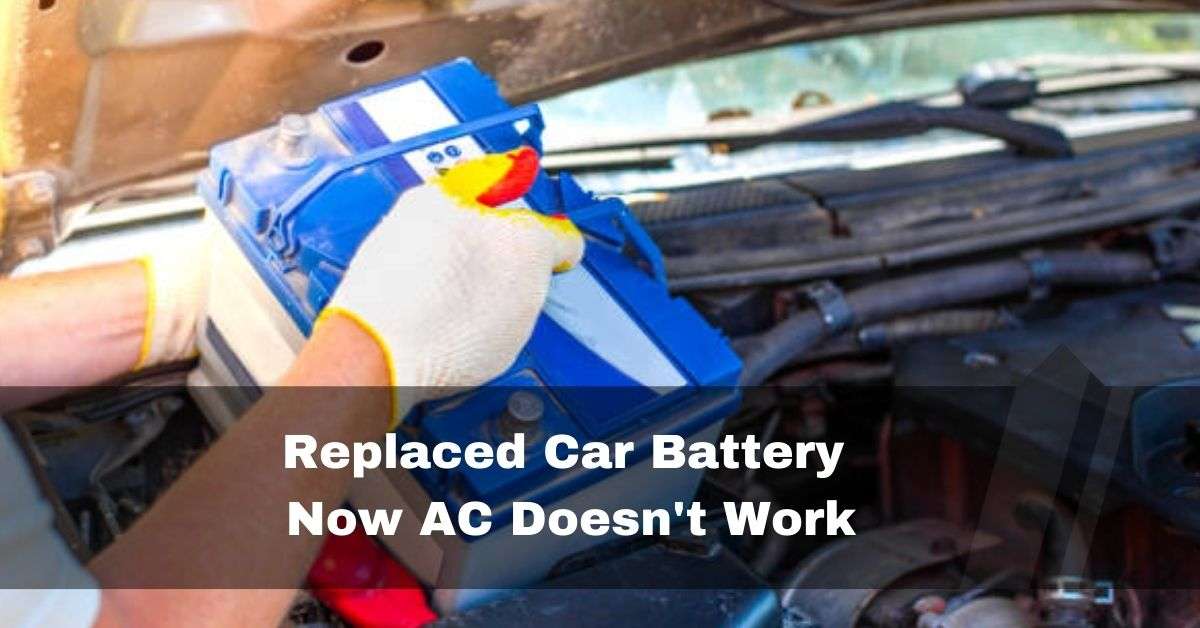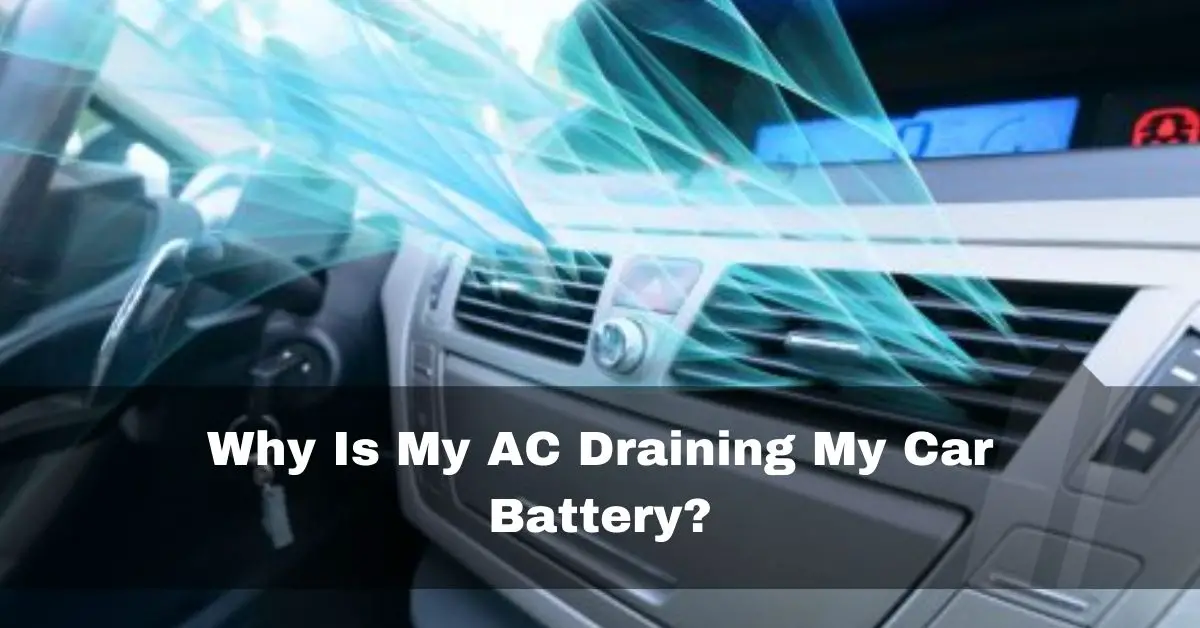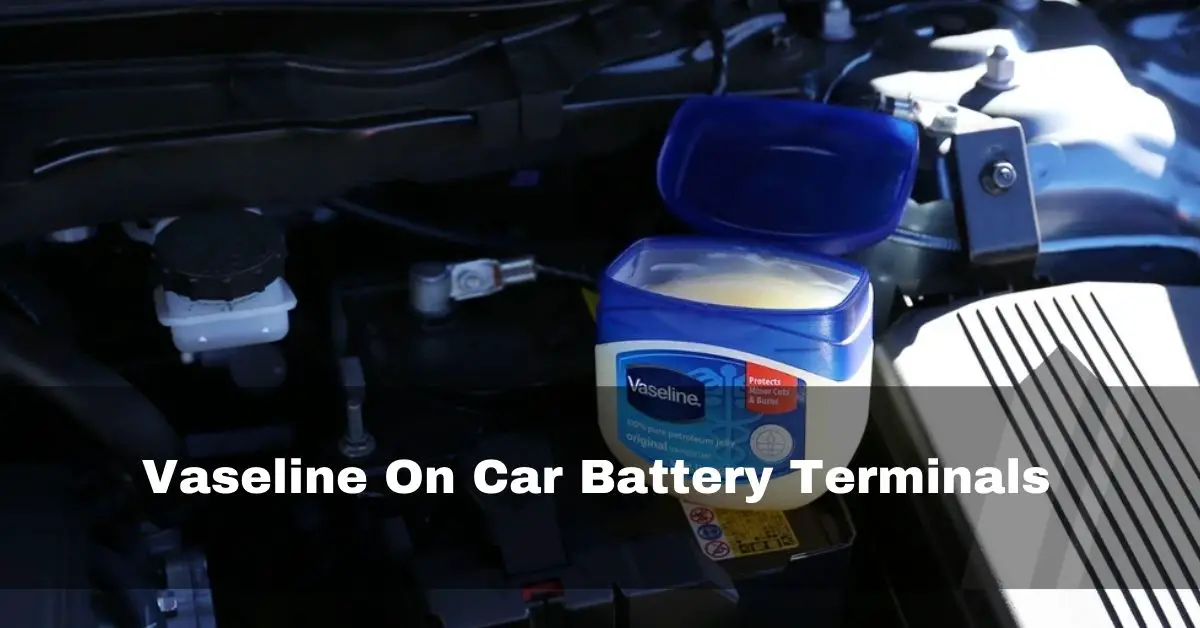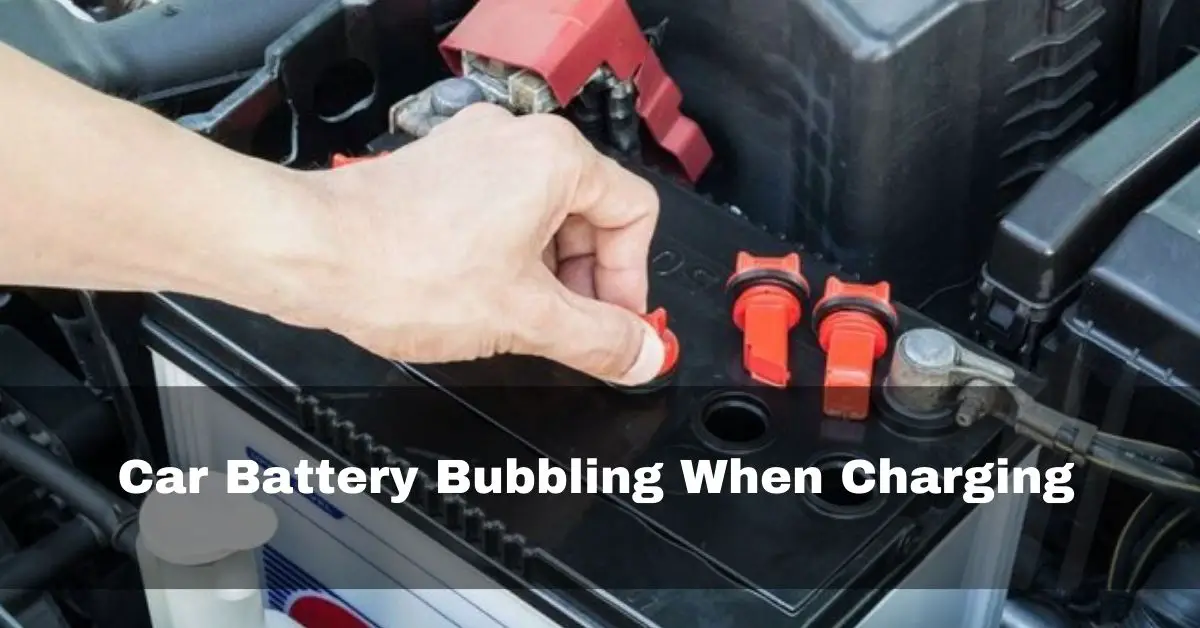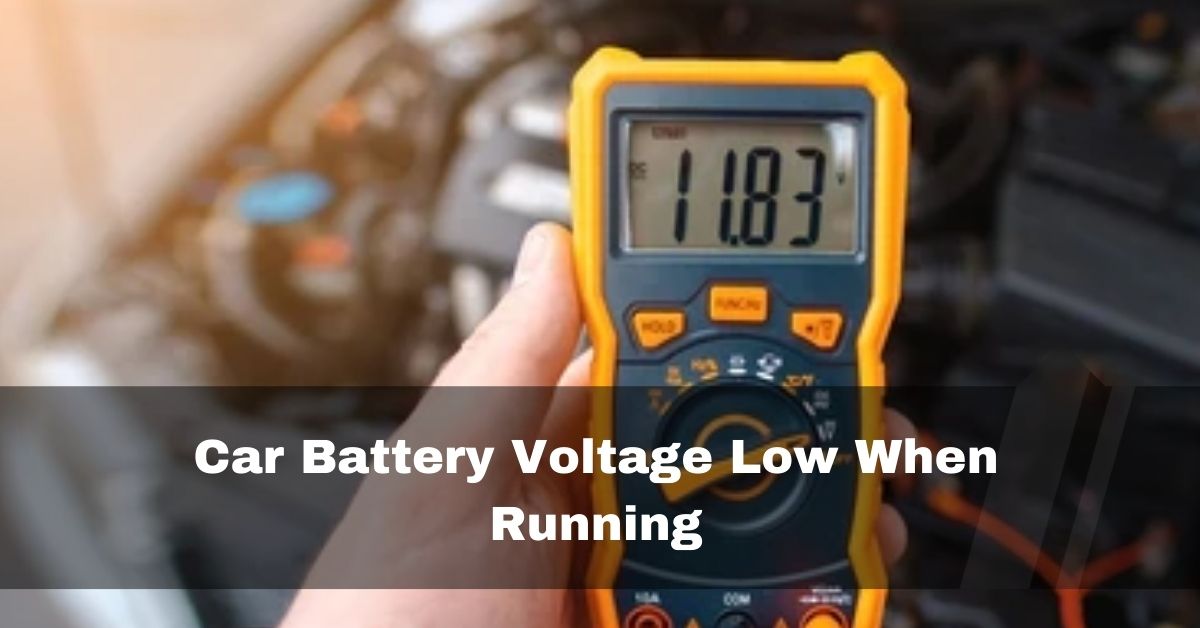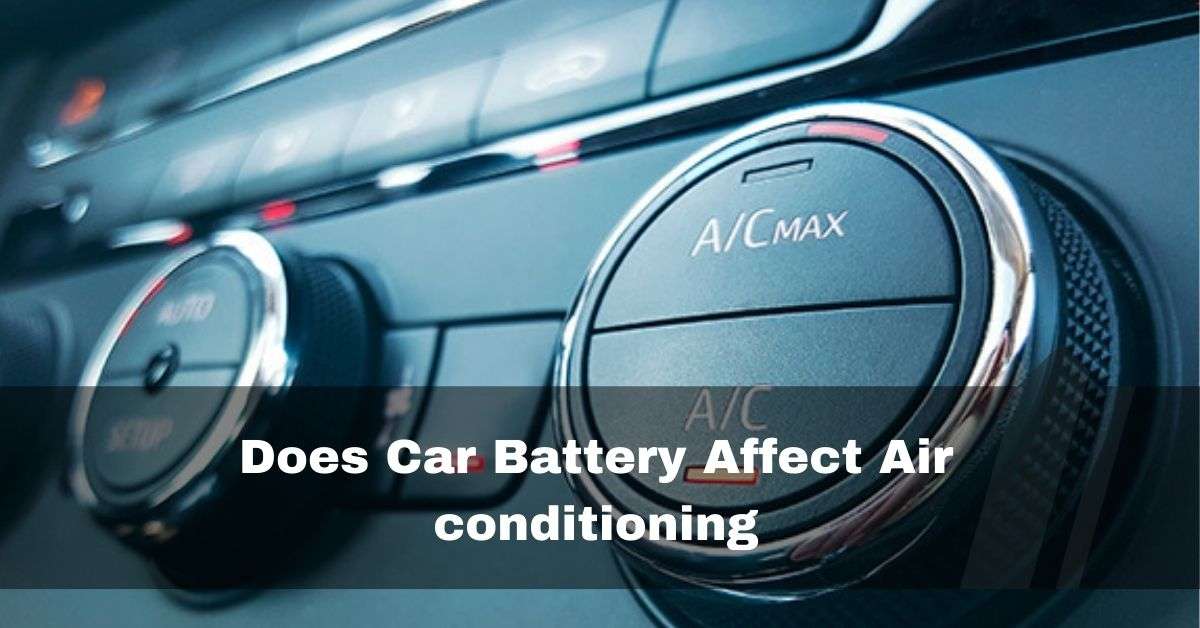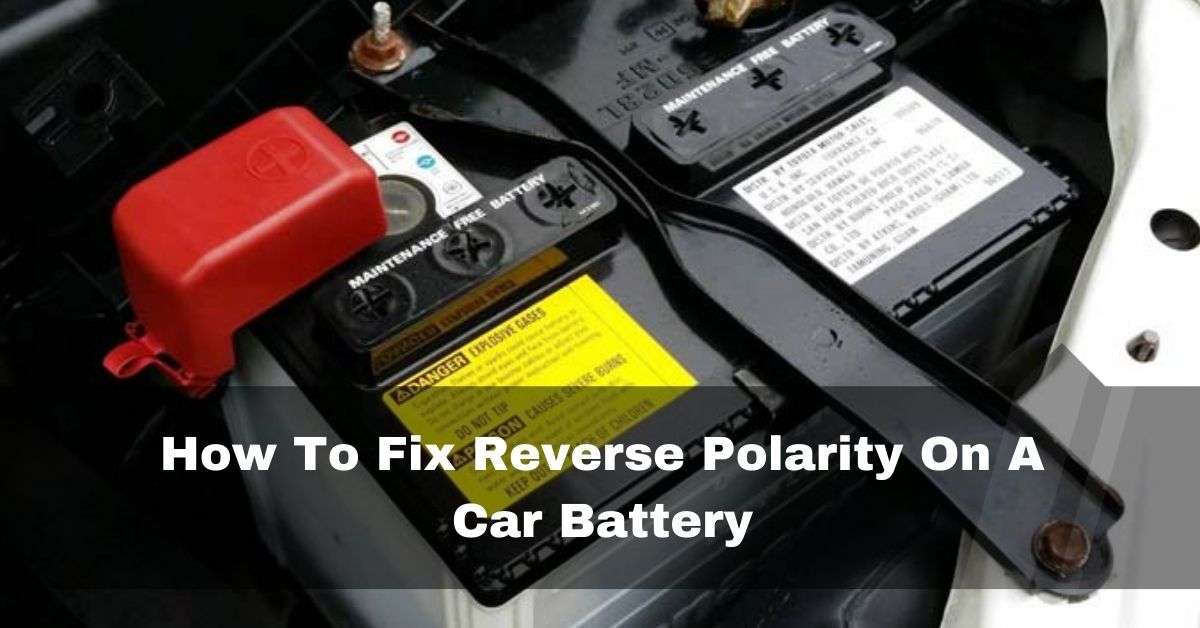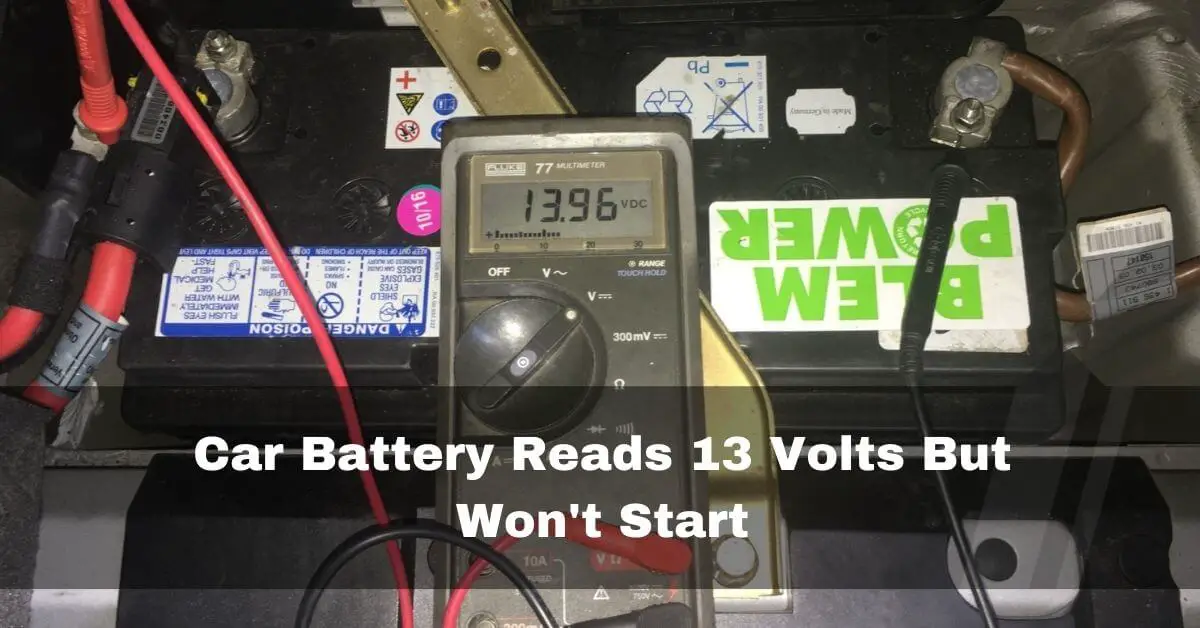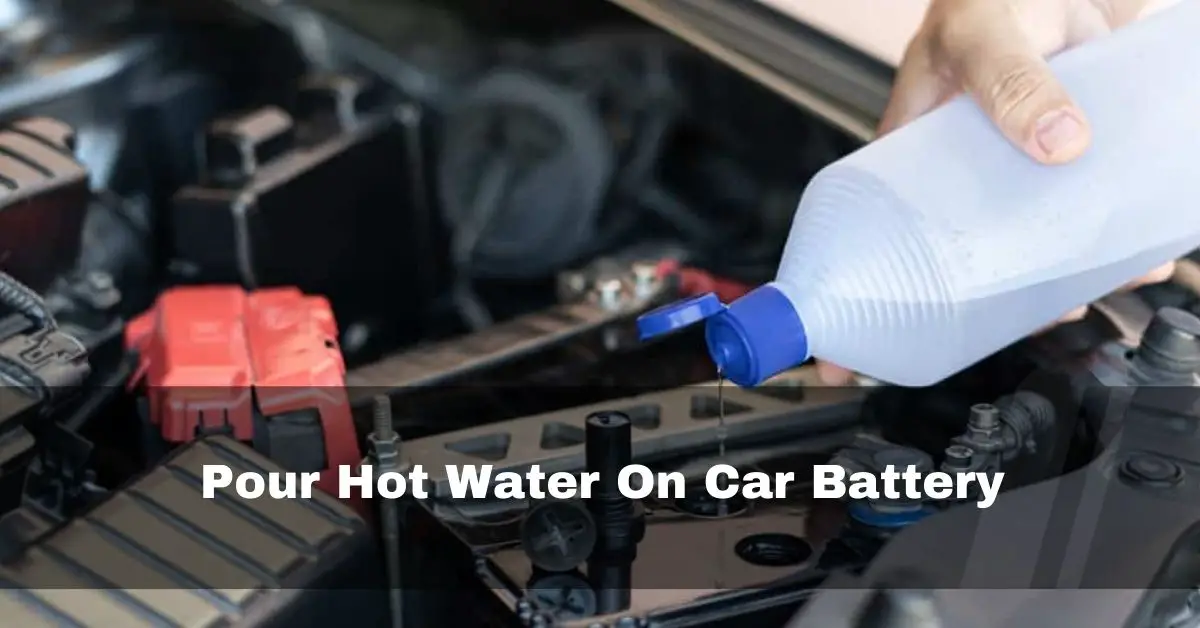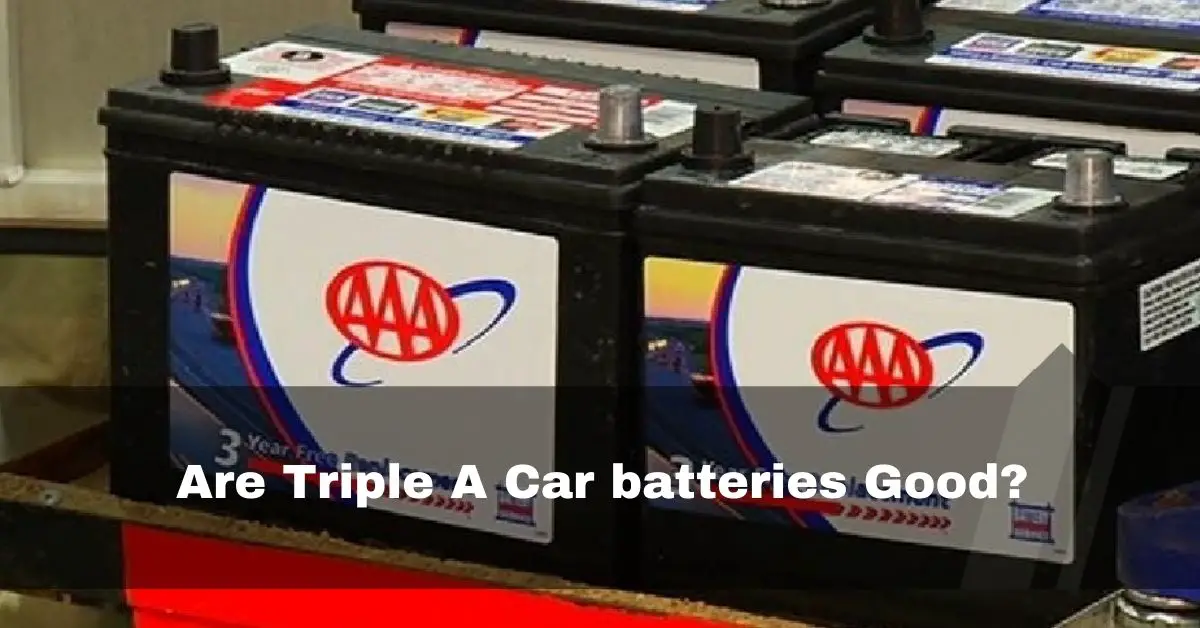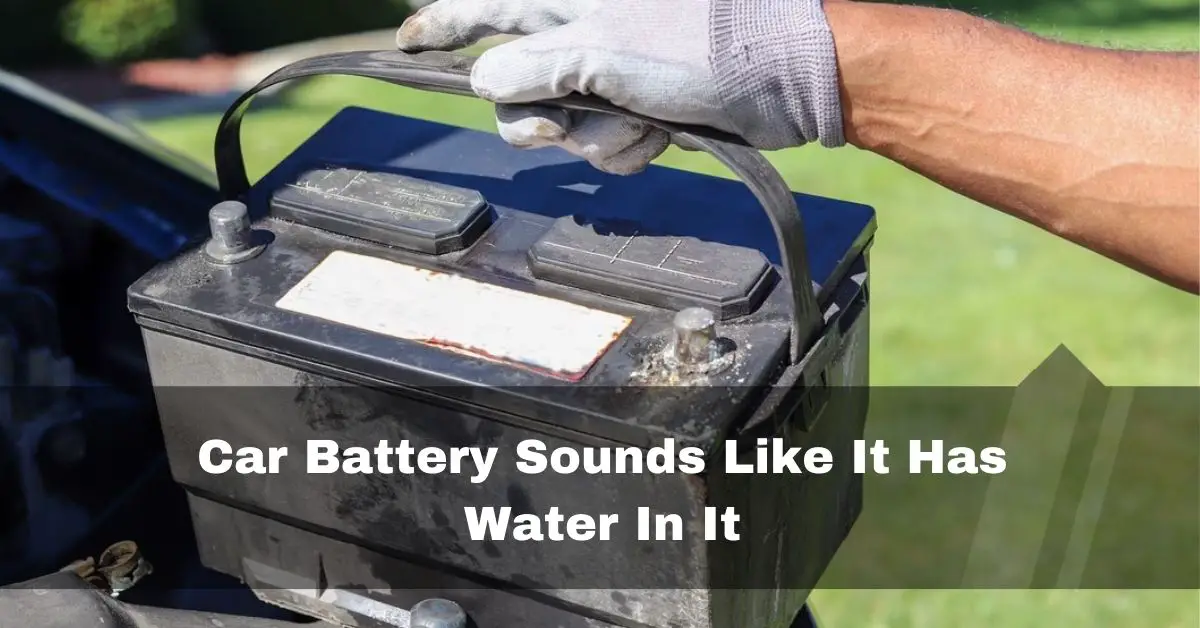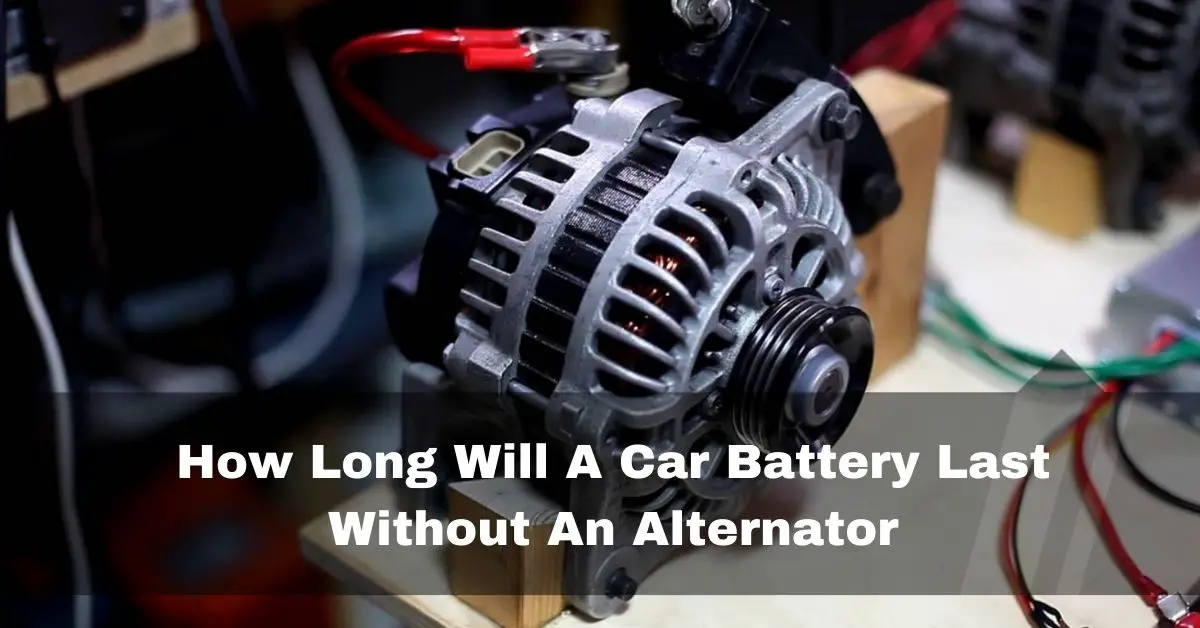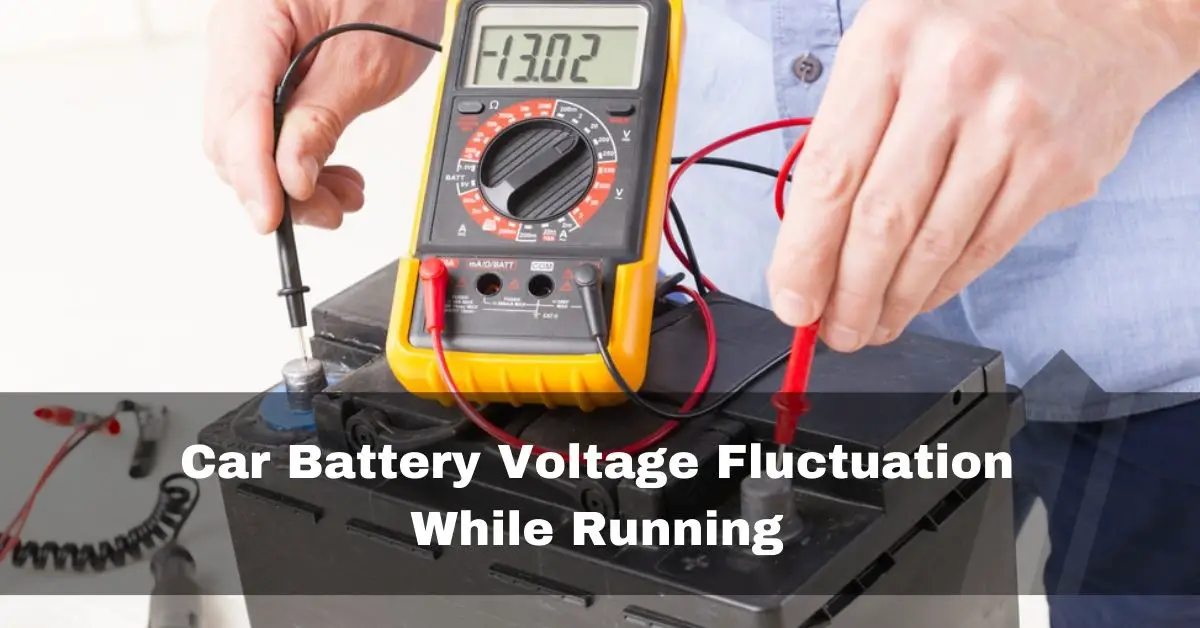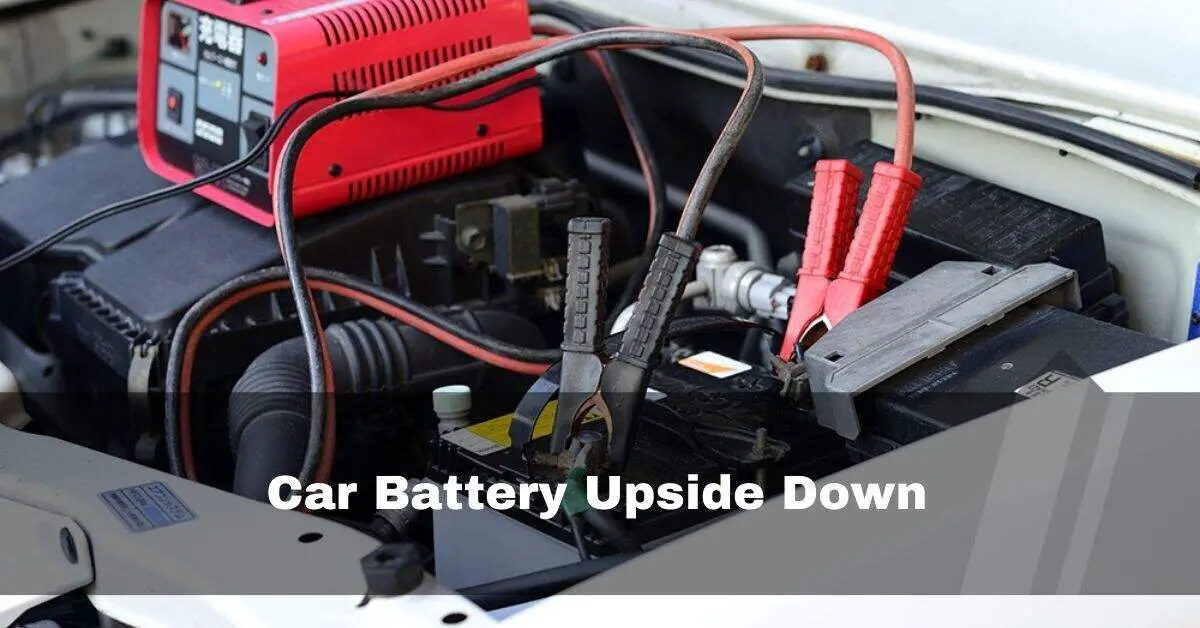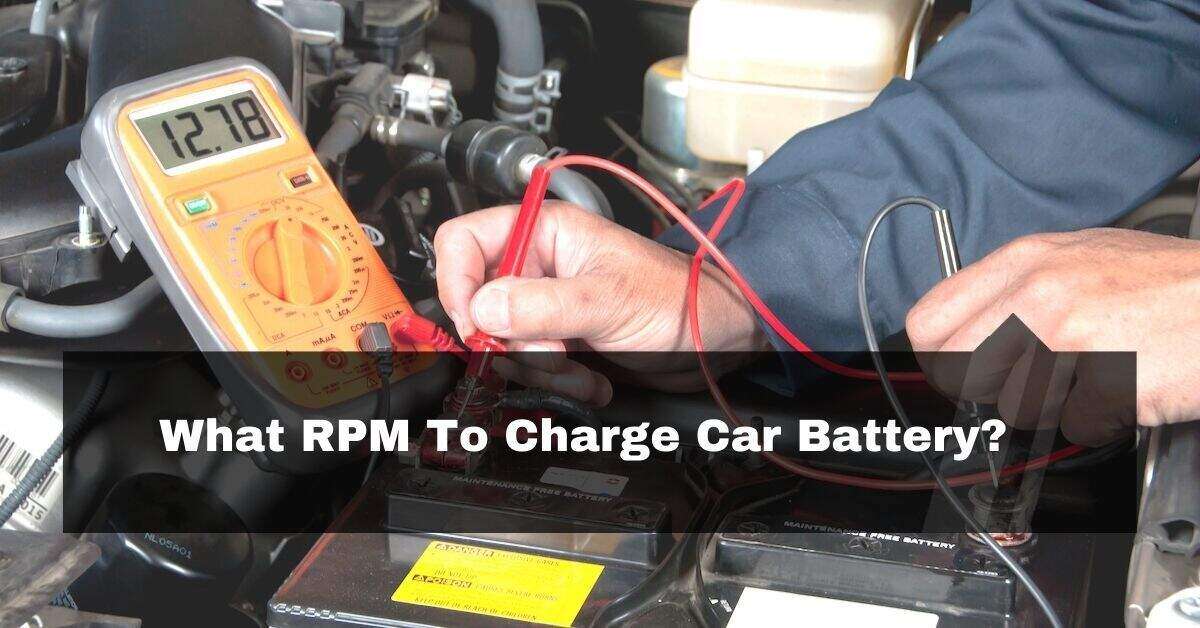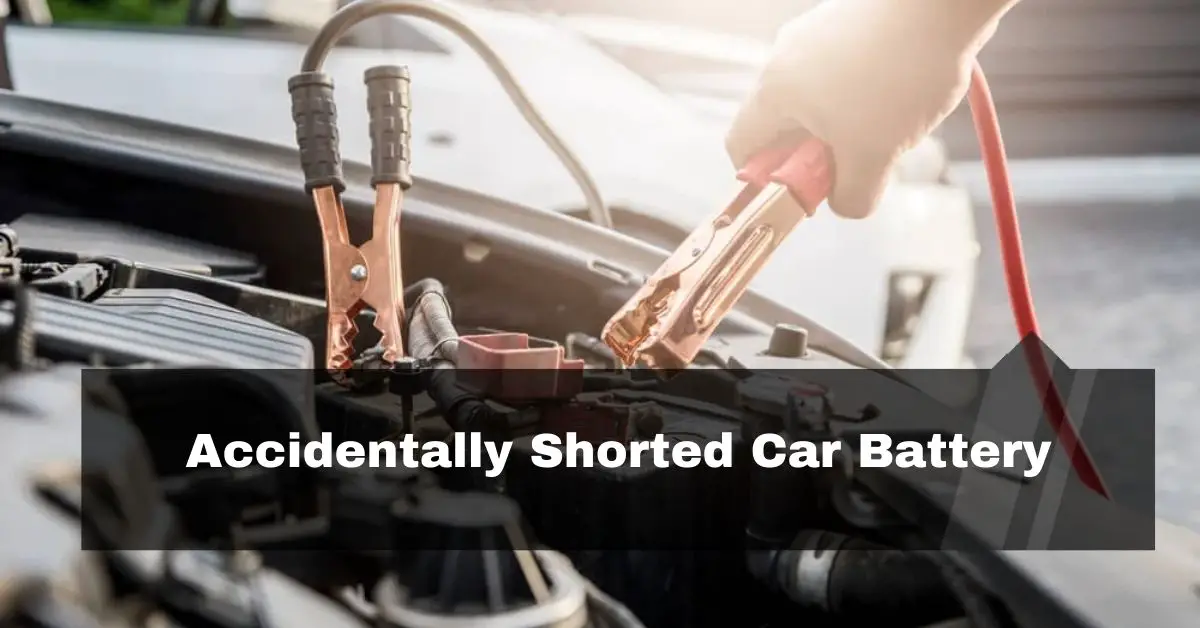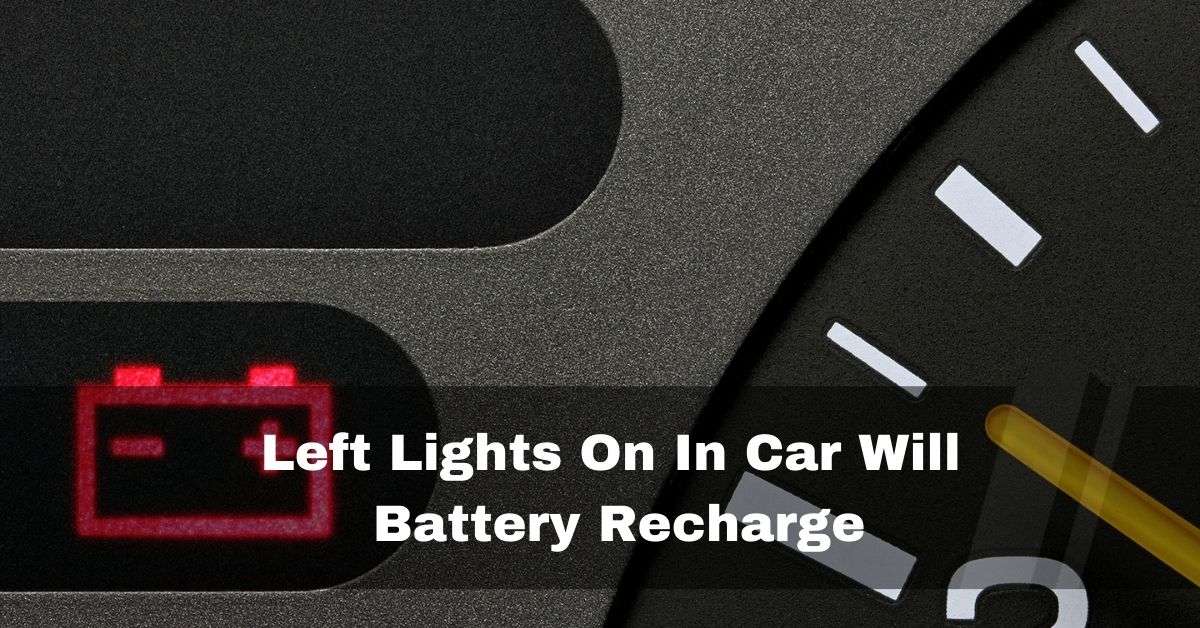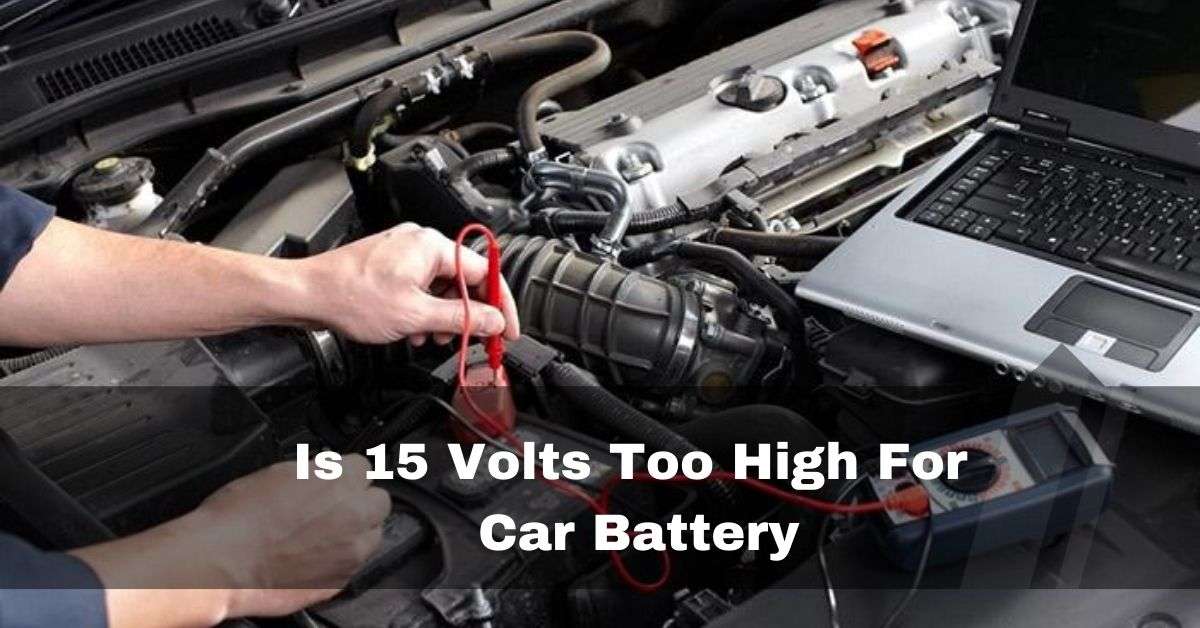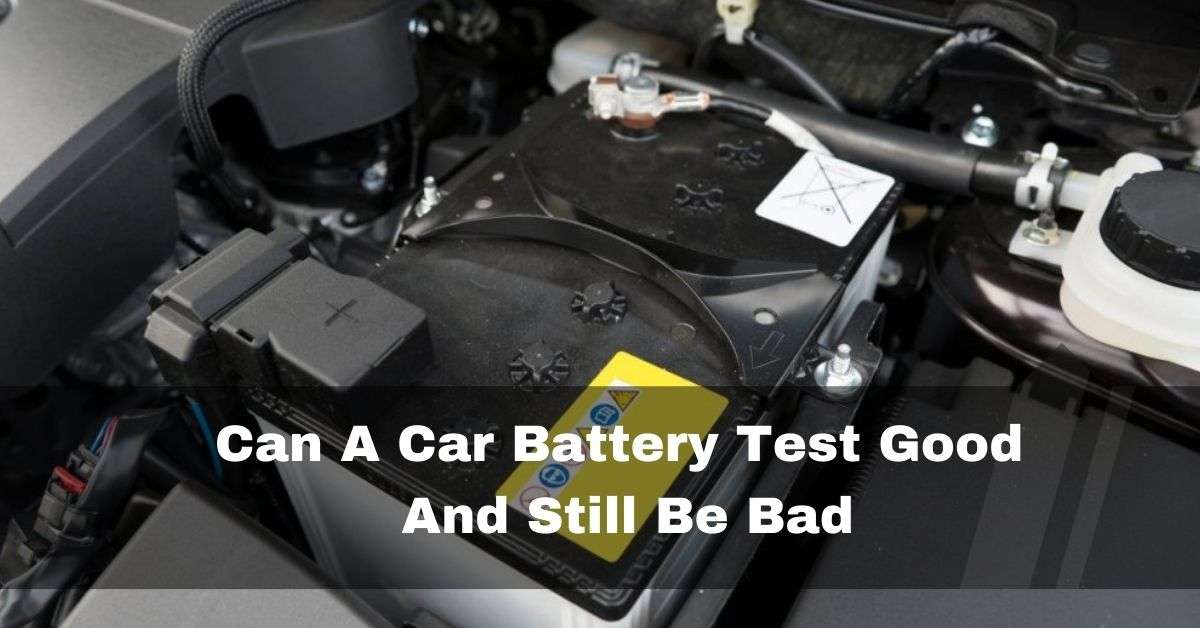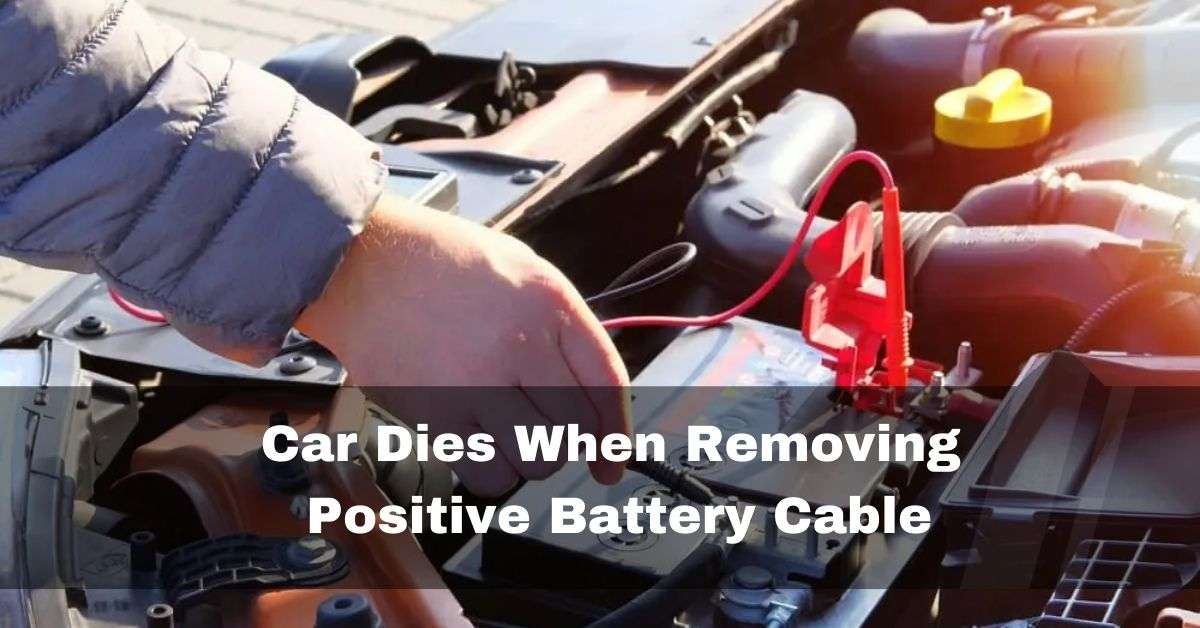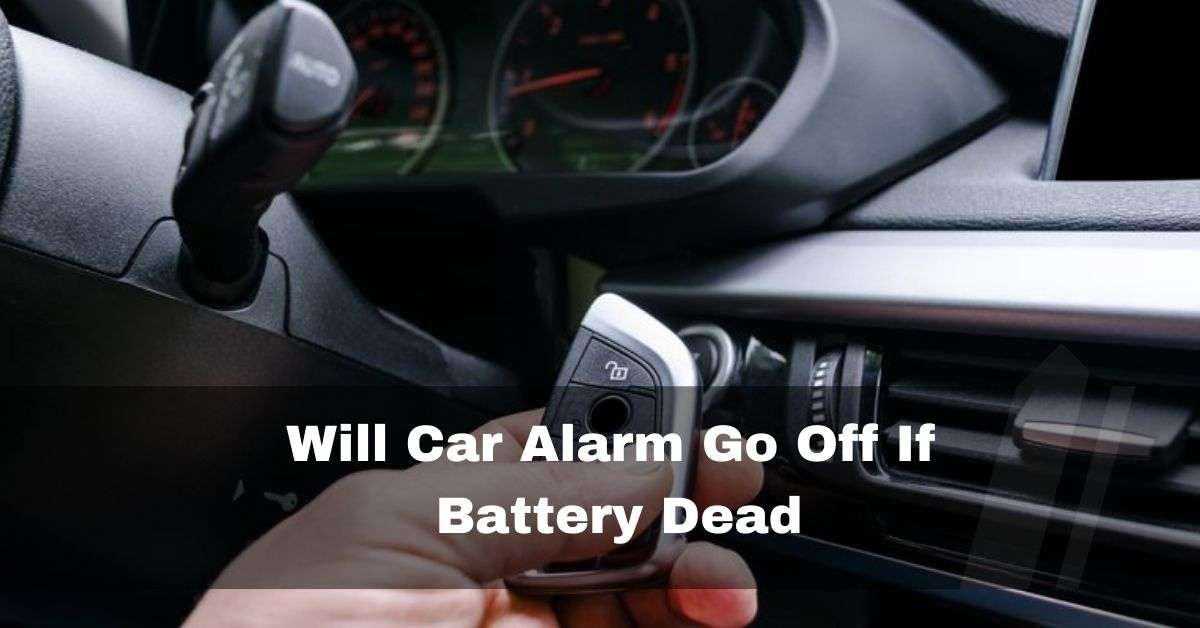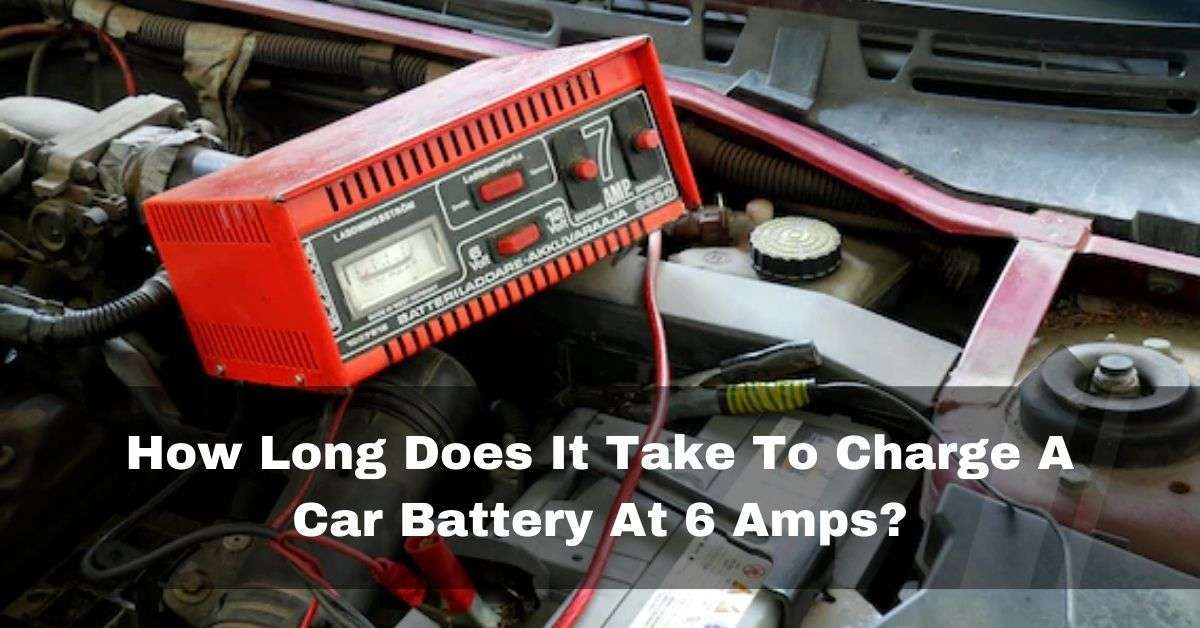I recently encountered an issue with my car battery, where I noticed an unexpected reading of 18 volts. It left me puzzled and concerned, as I knew a healthy car battery typically operates within a specific voltage range. In addressing this, I delved into understanding the potential causes and sought effective solutions.
12 volt battery reading 18 volts? (Short Answer)
If your car is charging at 18 volts the regulator has issues and the battery will boil dry or explode and your electrical system will get fried. Tow it to an auto electrician before it is destroyed.
I found myself delving into the potential causes and remedies for this unexpected reading, and I want to share my insights with you.
Table of Contents
Why My Car Battery Reading 18 Volts?
Personally encountered this issue and went through a process to identify the root causes and resolve it. Here’s my journey and the potential reasons behind an 18-volt reading:
1. Faulty Rectifier Pack:
The rectifier pack converts the alternator’s alternating current (AC) into the direct current (DC) needed to charge the battery. An 18-volt reading would arise from the battery receiving too much AC electricity from a broken rectifier pack.
When the rectifier pack is broken, the conversion process may become unbalanced. It can let excessive AC voltage reach the battery rather than creating a steady and controlled DC voltage. This results in a readout of 18 volts, much higher than the typical voltage range of a healthy battery, typically 12 volts or less.

The battery and the car’s electrical system might be damaged by excessive AC voltage. Since batteries are made to accept and store DC voltage, excess AC voltage may result in extreme heat and stress, damaging the battery cells or other electrical components attached to the battery.
Also Read: What RPM To Charge Car Battery
2. Diode Failure:
Diodes are used in the rectifier pack only to allow current to flow in one direction. The rectifier pack’s planned current flow may be disrupted if one or more diodes malfunction, creating an imbalance in the electrical system.
A diode may stop blocking current in one direction when not working correctly, enabling some AC voltage to reach the battery. Testing the battery’s voltage may provide a readout of 18 volts.
The rectifier pack may experience several problems if it contains defective diodes. First, it might cause the battery’s voltage reading to be off, showing too much AC voltage present. Second, it may interfere with the charging procedure, causing the battery to charge unevenly or insufficiently.
3. Wiring Issues:
The battery, alternator, and rectifier pack can all experience interruptions in the electricity flow due to poor connections, loose terminals, or damaged wiring. This interference may result in a wrong voltage measurement and possible charging issues.

Also Read: How To Fix Reverse Polarity On A Car Battery
4. Damaged Voltage Regulator:
In my own experience, I learned that such a high voltage reading is a clear indication of regulator problems, and the consequences can be severe.
When the regulator malfunctions, it fails to control the charging voltage, leading to overcharging. This can have detrimental effects on the battery, causing it to boil dry or even explode. Moreover, the excess voltage can damage various components in your vehicle’s electrical system, posing a significant risk of permanent damage.
5. Charging System Malfunction:
A battery measurement of 18 volts signals something is wrong with your car’s charging mechanism. The alternator supplies the battery and numerous electrical systems with electricity when the engine is running.

An abnormally high voltage reading means the alternator overcharges the battery, which can seriously harm the battery and other electrical components.
How To Fix Car Battery Reading 18 Volts?
If you’re facing the issue of your car battery reading 18 volts, it’s essential to address the problem promptly to prevent potential damage to your vehicle’s electrical system. Here’s a step-by-step guide based on my own experience:
1. Inspect The Rectifier Pack:
To inspect the rectifier pack, seek the advice of a qualified mechanic or auto electrician. They will do tests to see if it is operating correctly. The rectifier pack may need to be replaced to ensure that the battery is adequately charged in the event of a failure.

Also Read: Car Battery Clicking While Charging
2. Test And Replace Diodes:
If a diode fails, the rectifier pack’s problematic diodes should be located and replaced. It is advised to seek professional assistance because this repair necessitates knowledge and specialized tools.
3. Check And Repair Wiring Connections:
Examine the wire connections between the rectifier pack, alternator, and battery in great detail. Make sure that every relationship is stable, pristine, and corrosion-free. If any damaged wiring is found, it must be fixed immediately or replaced.

4. Battery Maintenance:
Although an 18-volt reading is frequently linked to rectifier or charging system problems, it is essential to consider the battery’s general condition. Check the battery repeatedly for symptoms of degeneration or wear. Clean the battery connections and wires as necessary to ensure a good electrical connection.
Also Read: The Car Battery Has Voltage But No Amps
5. Check The Voltage Regulator:
The battery may overcharge as a result of a malfunctioning voltage regulator. If the regulator is the problem, it will probably need to be fixed or replaced. A new alternator must be purchased when the voltage regulator is integrated into the alternator. A specialist will be able to choose the most appropriate course of action.

6. Inspect The Alternator:
To provide the battery with electricity, the alternator is essential. It could need to be fixed or replaced if the battery is overcharged. A mechanic will measure the alternator’s output voltage and look for any damage or malfunction indicators. If necessary, they will suggest upkeep or an alternator replacement.

Also Read: Why Is My Car Battery Showing 15 Volts
alternator putting out 18 volts:
Alternator charging at 18 volts? An 18-volt reading indicates severe overcharging, likely stemming from a malfunctioning alternator. Such a high overcharge can rapidly lead to the degradation and destruction of the battery. If, by fortunate circumstance, no other components in the electrical system have been damaged, immediate action is necessary to prevent further harm.
why is my car battery showing 15 volts?
When the voltmeter registers a voltage reading within the range of 14-15 volts, it indicates a normal state for the battery. However, deviations from this range could suggest potential issues with the alternator. If the battery reads over 15 volts or less than 13 volts, it may signal problems with the alternator’s charging mechanism.
Related Questions:
1. What causes an alternator to put out too much voltage?
An overcharging alternator is usually due to a faulty voltage regulator or transistor, leading to issues like flickering lights, dashboard warnings, shortened bulb lifespan, blown fuses, and a bulging battery.
2. Is 18 volts too much to charge a 12 volt battery?
Yes, it’s harmful. Overcharging a 12-volt battery at 18 volts can cause damage, especially for AGM batteries, which are more intolerant of overcharging than traditional open cell batteries.
3. What voltage reading is too high for car battery?
A high voltage reading, often caused by a malfunctioning voltage regulator, is a sign of trouble. It means you’ll likely need to replace the alternator and possibly the damaged battery as well.
4. At what voltage should a car battery be replaced?
If the measured reading is below 12.2 volts, the battery’s resting voltage is weak, indicating the need for a charge or replacement.
5. Are 18 Volts Good For A Car Battery?
When the engine operates, a car battery’s terminals should read 14.4 volts usually. If it read 18 volts, a problem with the voltage regulator or alternator rather than the battery would be the cause. Measure the voltage at the battery terminals while the engine is off to inspect the battery.
6. Can An 18-Volt Reading In A Car Battery Damage The Electrical System?
Yes, an 18-volt reading indicates a problem with the rectifier pack in the charging system. If it isn’t fixed immediately, the battery could be overcharged, potentially harming the car’s delicate electrical systems.
7. Will An 18-Volt Reading Cause The Battery To Run Down Quickly?
Yes, the battery will progressively deplete when used generally if it operates independently without receiving a proper charge from the alternator. It may cause a loss of power and make it harder to start the car.
8. Is It Safe To Continue Driving With An 18-Volt Reading In The Battery?
Driving with an 18-volt reading is not advised. Without fixing the underlying problem, continued operation might result in additional electrical issues, potential failures, and a total loss of battery power.
9. What Is The Lowest Safe Voltage For A Car Battery?
A standard 12-volt automotive battery will have about 12.6 volts when fully charged. The voltage must fall to about 11.9 volts to be deemed fully discharged. Due to extreme sulfation, the battery will suffer harm if it drops below that level.
10. What Happens If You Charge A 12-Volt Battery With 18 Volts?
The power supply will try to raise the battery voltage to 24 volts (or whatever voltage it is set to); therefore, DO NOT try to charge your 12-volt battery. The resultant high current will undoubtedly damage the battery (perhaps violently).
Conclusion:
If you find your car battery reading 18 volts, it could be indicative of an issue with the rectifier pack or other components in the charging system. When I encountered this situation, I understood the importance of comprehending the potential causes and implementing the right solutions to address the problem effectively. Remember to seek expert assistance if you are hesitant or uncomfortable completing the repairs. Your vehicle’s electrical system will run more reliably and have a longer lifespan if you conduct timely maintenance and repairs.
Also Read:
- Car Starts After Disconnecting And Reconnecting Battery
- Lightweight Car Battery Daily Driver
- Car Inspection After New Battery
- Car Stalling After Battery Change
References:
- https://www.quora.com/My-car-battery-is-emptying-by-itself-even-after-recharging-it-It-runs-at-18V-Is-it-the-alternator-How-can-I-be-sure
- https://www.thirdgen.org/forums/tech-general-engine/652340-voltage-gauge-reading-18-a.html
- https://www.swedespeed.com/threads/battery-at-18-volts.220480/
- https://www.spyderchat.com/threads/battery-at-18-volts.109457/
- https://www.britishcarforum.com/community/threads/how-does-a-12-volt-alternator-charge-a-battery-to-read-18-volts.115480/

